Ultimate Guide to Choosing the Best Servo Motor for Your Industrial Applications
In today's rapidly evolving industrial landscape, choosing the right Servo Motor is crucial for enhancing operational efficiency and reducing downtime. According to a report by Markets and Markets, the global Servo Motor market is expected to reach USD 19.27 billion by 2025, growing at a CAGR of 6.2% from 2020. As industries increasingly rely on automation and precision engineering, the demand for high-performance servo solutions continues to rise. However, selecting the best Servo Motor goes beyond mere specifications; it involves considering factors such as after-sales service advantages and maintenance costs. A well-chosen Servo Motor can lead to significant savings on repairs and downtime, ensuring a more sustainable operational model.
In this ultimate guide, we will dive deeper into the essential aspects of selecting the ideal Servo Motor tailored for your specific industrial applications, focusing on the pivotal role of support and maintenance in maximizing your investment.
Key Factors to Consider When Selecting a Servo Motor for Industrial Use
When selecting a servo motor for industrial applications, several key factors should be considered to ensure optimal performance and efficiency. First, determine the required torque and speed for your specific task. Different applications may demand varying power levels, and understanding these needs is crucial for selecting the appropriate motor size and type.
Tips for consideration: Always evaluate the duty cycle of the application. Continuous or intermittent usage can affect the motor's performance and life expectancy. Additionally, look into the feedback mechanisms available, such as encoders and resolvers, as they play a significant role in ensuring precise control and positioning.
Another critical factor is the environmental conditions where the servo motor will operate. Assess factors like temperature range, humidity levels, and the presence of contaminants, as these can impact the motor's reliability and functionality. Selecting a motor with suitable environmental ratings can safeguard against potential failures that may arise from adverse conditions.
Understanding Different Types of Servo Motors and Their Applications
When it comes to selecting the right servo motor for industrial applications, understanding the different types available is crucial. Servo motors, known for their capability to deliver precise control of angular and linear positions, speed, and acceleration, come in various forms, including brushless DC motors (BLDC) and permanent magnet synchronous motors (PMSM). The market for servo motors and drives is projected to reach USD 23.04 billion by 2029, driven by the increasing need for precise and efficient motion control in sectors such as robotics, aerospace, and automotive manufacturing.
The advancements in motor control technology have significantly enhanced the performance and applications of these motors. For instance, the modular design of frequency converters facilitates high-performance motion control, adapting to the varying requirements of industrial plants. Additionally, the HVAC sector has seen a rising demand for electronically commutated motors due to their energy efficiency and operational effectiveness, underscoring a shift towards more sustainable and effective motor solutions. As industries strive for automation and precision, the importance of selecting a servo motor that aligns with specific application needs cannot be understated.
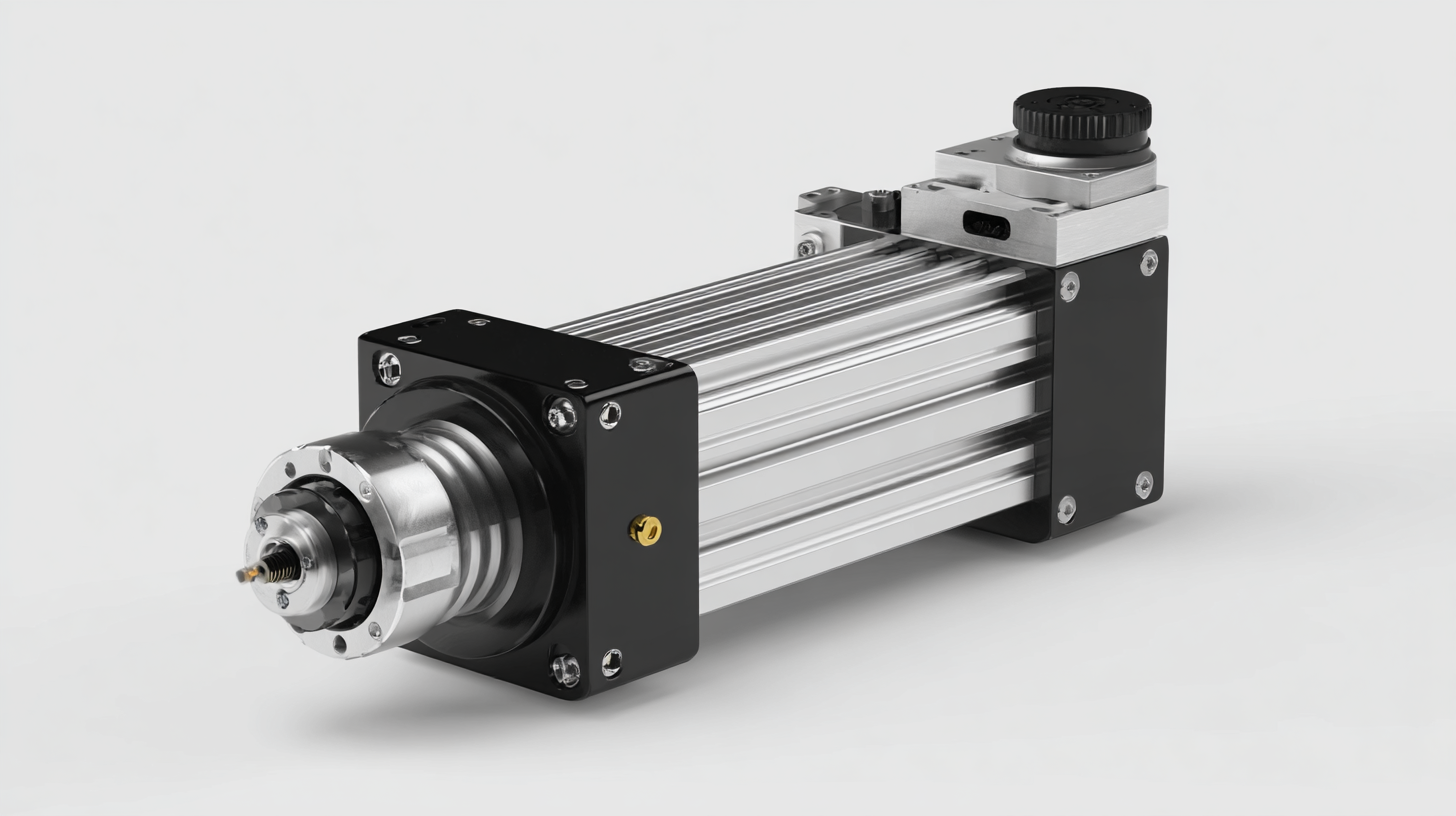
Evaluating Servo Motor Specifications: Torque, Speed, and Precision
When selecting a servo motor for industrial applications, evaluating specifications such as torque, speed, and precision is critical. Torque is a primary factor, as it determines the motor's ability to perform work against resistance. In applications requiring heavy lifting or significant load handling, a high torque rating is essential. It's important to match the motor's torque characteristics with the operational demands of the machinery to ensure efficient performance and prevent potential equipment failure.
Speed is another pivotal specification to consider. Different applications may require varying speeds for optimal operation. High-speed applications, such as robotics and conveyor systems, necessitate servo motors that can quickly respond to control signals. On the other hand, tasks demanding high precision may require slower speeds to maintain accuracy in positioning. Understanding the relationship between speed and load is crucial, as exceeding the motor’s rated speeds can lead to performance issues and increased wear.
Precision is often the ultimate goal in industrial applications, influencing the choice of servo motor significantly. A motor’s precision reflects its ability to control the position, speed, and torque with minimal deviation. This characteristic is vital for processes that require tight tolerances, such as CNC machining or assembly lines. Evaluating the feedback mechanisms and control systems in place alongside the motor's specifications can lead to more informed decisions that enhance efficiency and quality in manufacturing processes.
The Importance of Compatibility with Existing Systems and Controllers
In the rapidly evolving landscape of industrial automation, the compatibility of servo motors with existing systems and controllers is pivotal. The process control system market, encompassing Distributed Control Systems (DCS) and Programmable Logic Controllers (PLC), is projected to reach $29.9 billion by 2026, according to a recent industry analysis. This growth reflects an increasing demand for automation across key sectors such as oil and gas, chemicals, automotive, and food processing. Ensuring that chosen servo motors align seamlessly with these established systems can drastically reduce operational disruptions and maintenance costs.
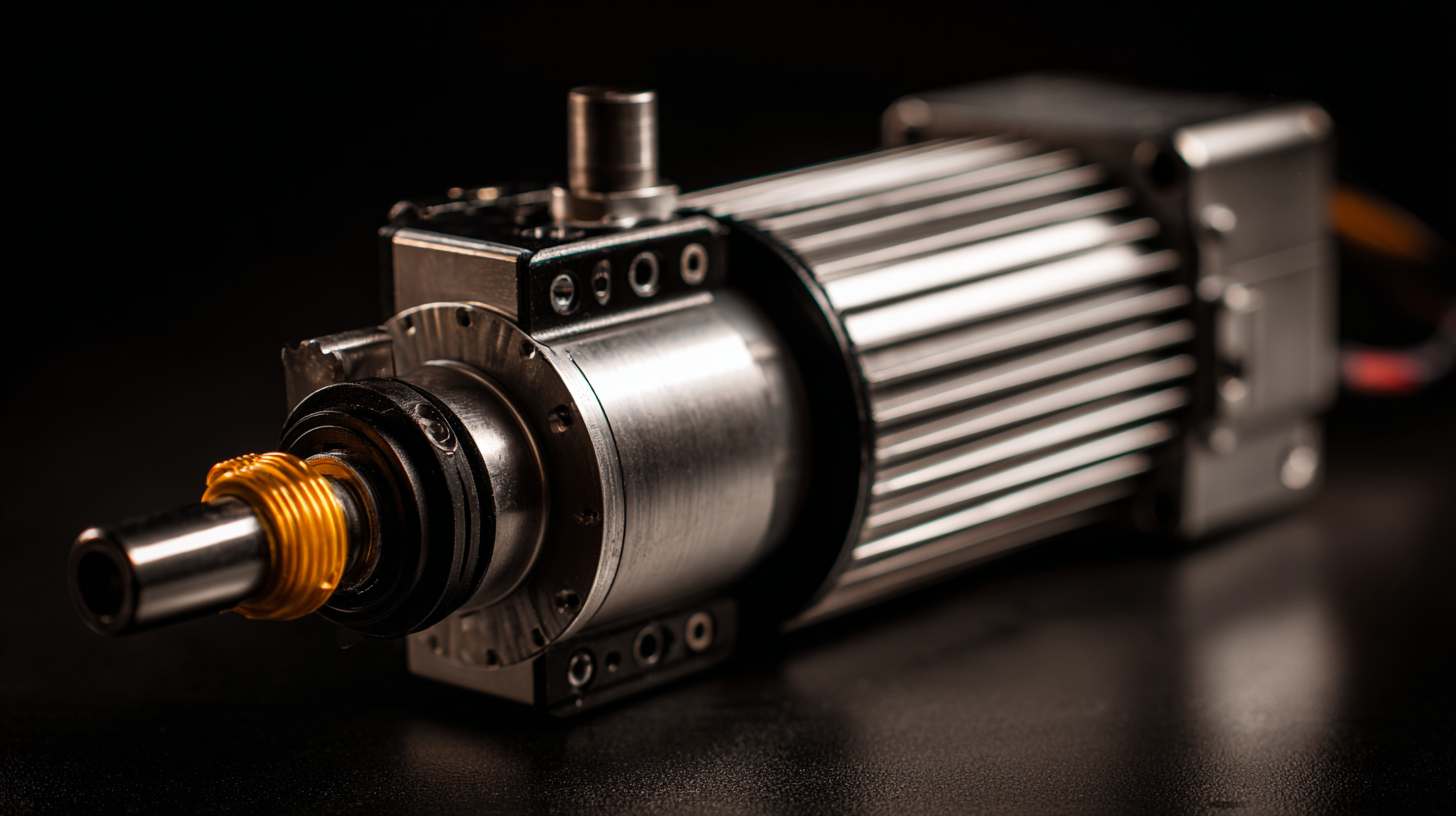
Furthermore, the integration of advanced components into systems poses a significant challenge. In autonomous driving technology, domain controllers act as the central nervous system for smart vehicles. By providing a centralized computing architecture, these controllers optimize performance across various functions, including braking, steering, and navigation. As autonomous vehicles gain traction, the demand for compatible and reliable servo motors in this domain will also increase, further emphasizing the importance of interface compatibility in industrial applications.
Cost vs. Performance: Finding the Right Balance for Your Project
When selecting the right servo motor for your industrial applications, achieving a balance between cost and performance is key. With advancements in technology, businesses are increasingly faced with the challenge of controlling costs without sacrificing quality. This logic extends beyond just servo motors; it’s a widespread trend across various industries, especially as we see a continual push towards efficiency in fields such as AI development and automotive parts manufacturing.
**Tips:** Start by assessing the specific requirements of your project. Consider factors like load capacity, precision, and speed. Next, analyze the cost implications of different motor types. While cheaper alternatives may seem appealing, they often result in higher operational costs due to inefficiencies or necessary upgrades down the line.
To further optimize your selection, look at recent innovations that provide a better cost-performance ratio. Companies are adopting strategies like tiered pricing models which offer flexible solutions to meet different performance demands without the associated high costs. As technology progresses, being informed about these options will help you make a more strategic investment in your servo motor choice.
Ultimate Guide to Choosing the Best Servo Motor for Your Industrial Applications - Cost vs. Performance: Finding the Right Balance for Your Project
| Servo Motor Type |
Cost (USD) |
Performance Rating |
Torque (Nm) |
Speed (RPM) |
Applications |
| Brushless DC Servo |
$500 |
9/10 |
2.5 |
3000 |
Robotics, CNC, Automation |
| Stepper Motor |
$200 |
7/10 |
1.2 |
600 |
3D Printers, Small-Scale CNC |
| AC Servo Motor |
$800 |
10/10 |
5.0 |
1500 |
Industrial Machinery, Conveyors |
| Servo Gear Motor |
$300 |
8/10 |
3.5 |
1800 |
Material Handling, Assembly Lines |

Home
Products
SIEMENS Gearmotor
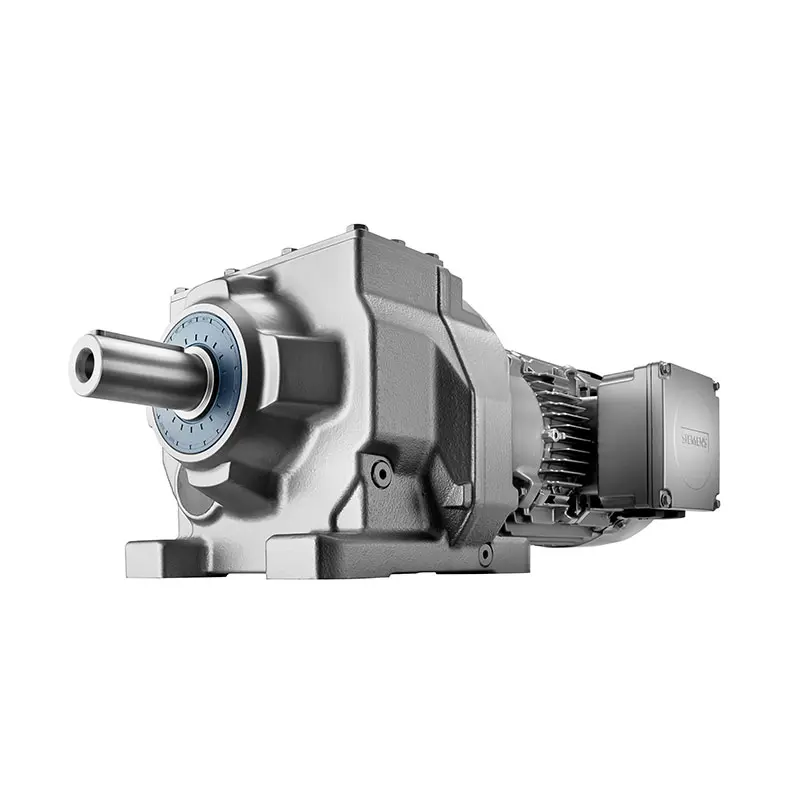 SIEMENS Helical Gearmotor Low Voltage
SIEMENS Helical Gearmotor Low Voltage 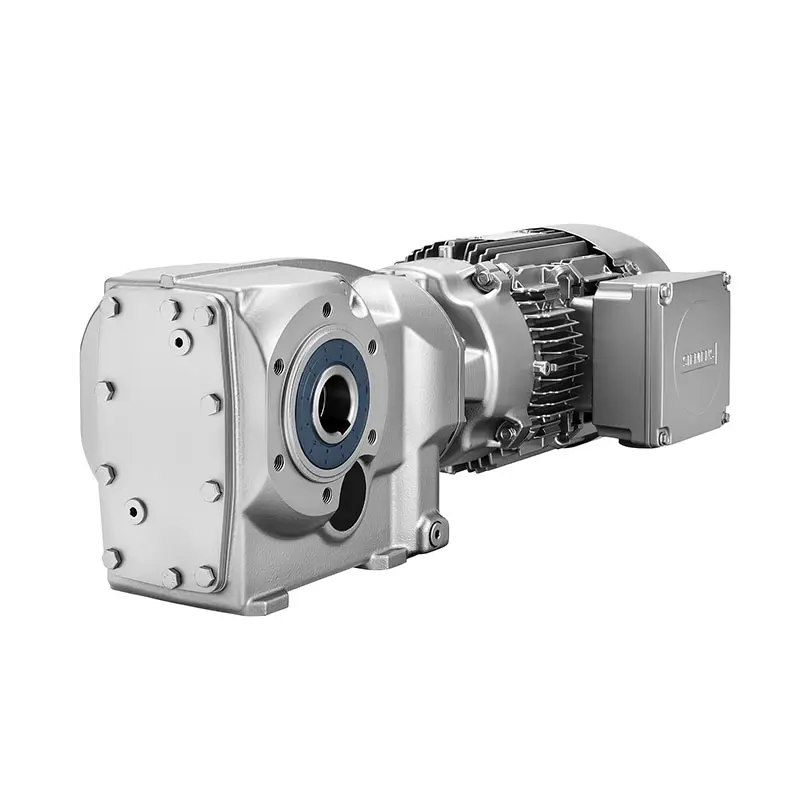 SIEMENS Bevel Helical Gearmotor
SIEMENS Bevel Helical Gearmotor 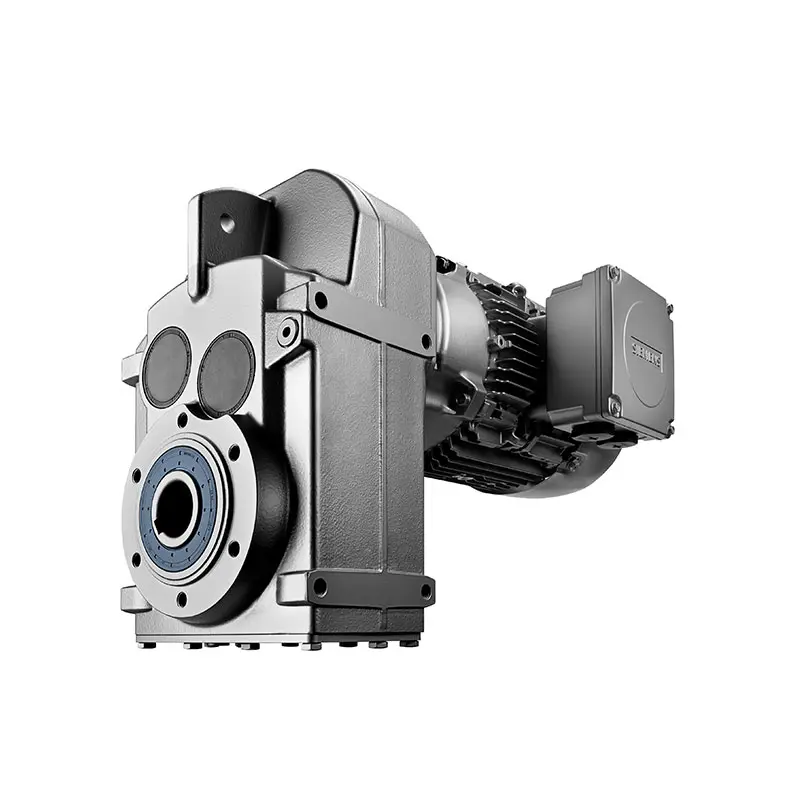 SIEMENS Parallel Shaft Gearmotor
SIEMENS Parallel Shaft Gearmotor 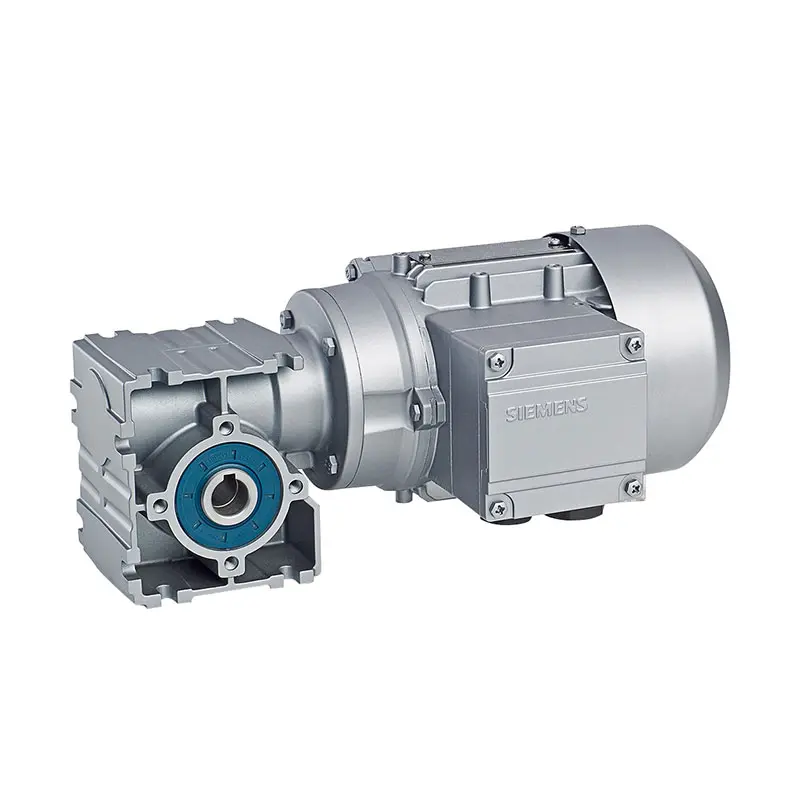 SIEMENS Worm Gearmotor Low Voltage
SIEMENS Worm Gearmotor Low Voltage 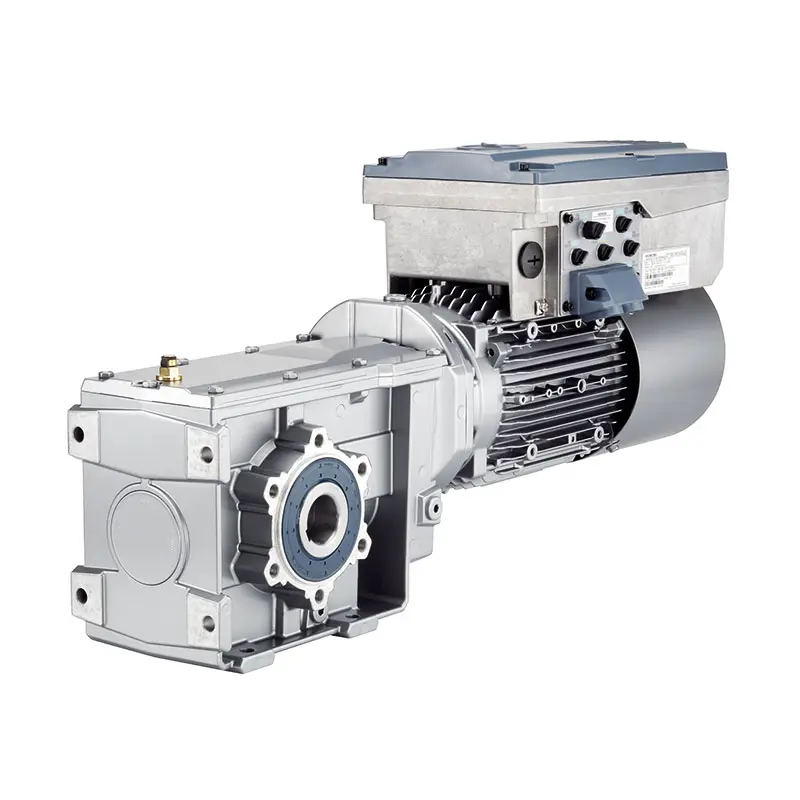 SIEMENS With Servo Motor Gearmotor
SIEMENS With Servo Motor Gearmotor 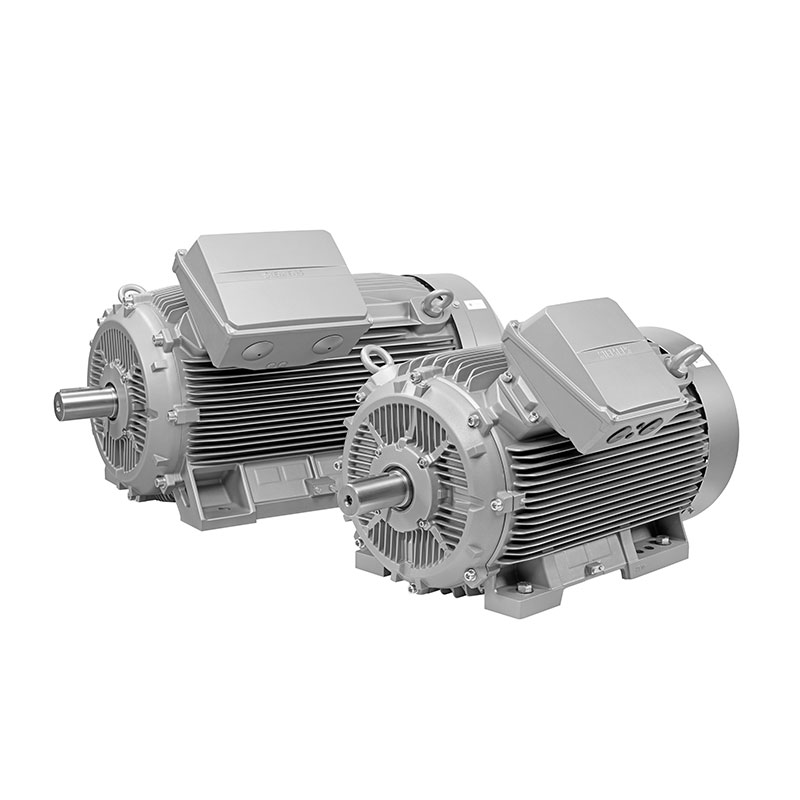 SIEMENS Low Voltage Motor Low Voltage
SIEMENS Low Voltage Motor Low Voltage 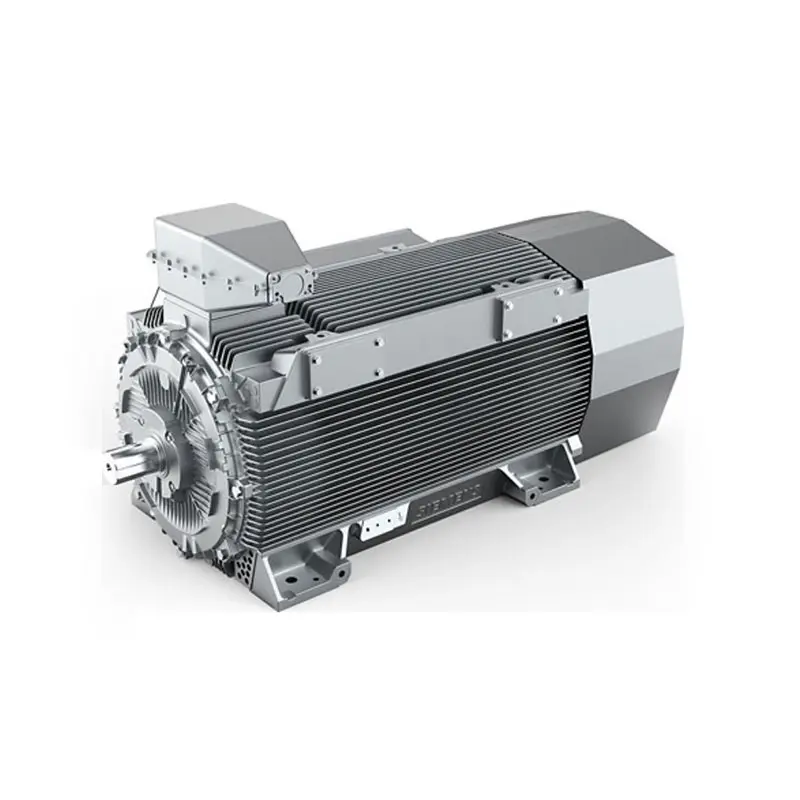 SIEMENS High Voltage Motor Low Voltage
SIEMENS High Voltage Motor Low Voltage 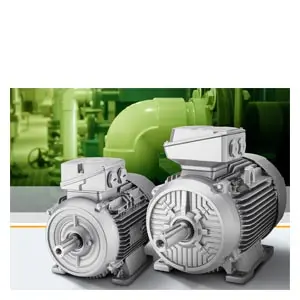 SIEMENS Marine Motor Low Voltage
SIEMENS Marine Motor Low Voltage 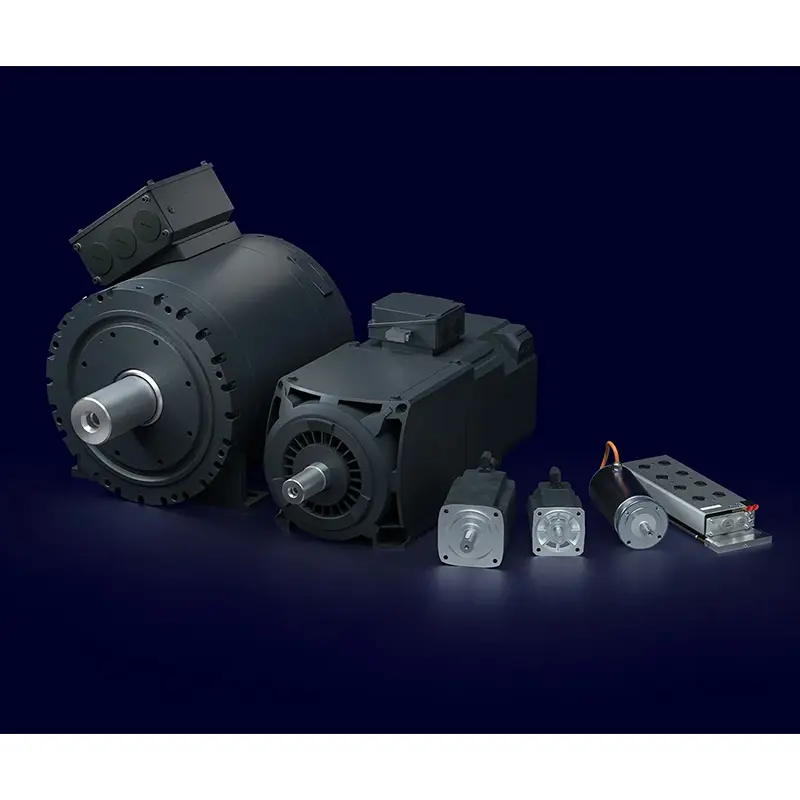 SIEMENS Servo Motor Low Voltage
SIEMENS Servo Motor Low Voltage 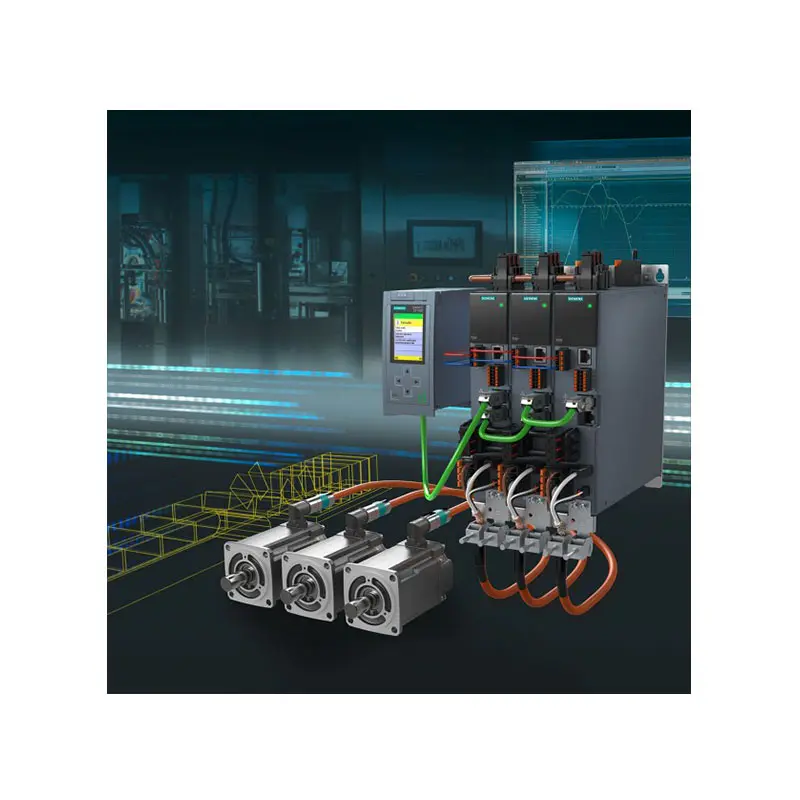 SIEMENS SINAMICS S210 Low Voltage
SIEMENS SINAMICS S210 Low Voltage 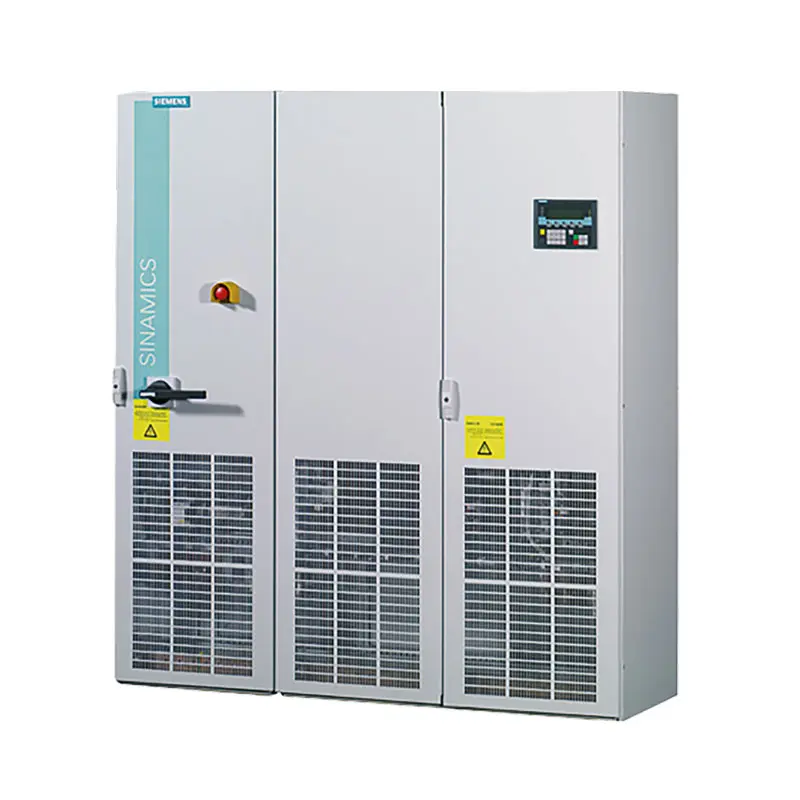 SIEMENS SINAMICS S150 Low Voltage
SIEMENS SINAMICS S150 Low Voltage 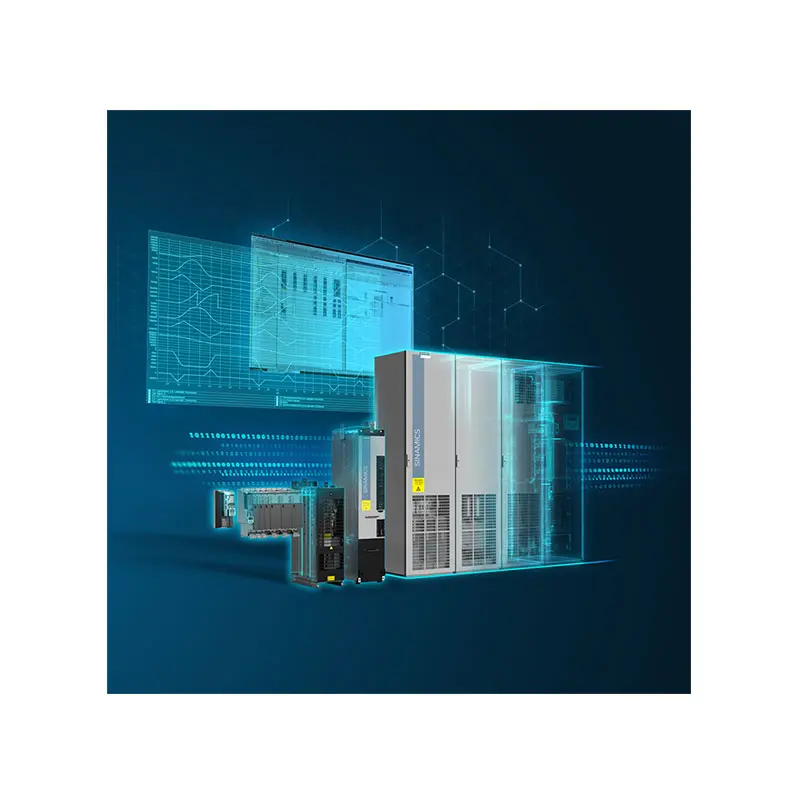 SIEMENS SINAMICS S120 Low Voltage
SIEMENS SINAMICS S120 Low Voltage 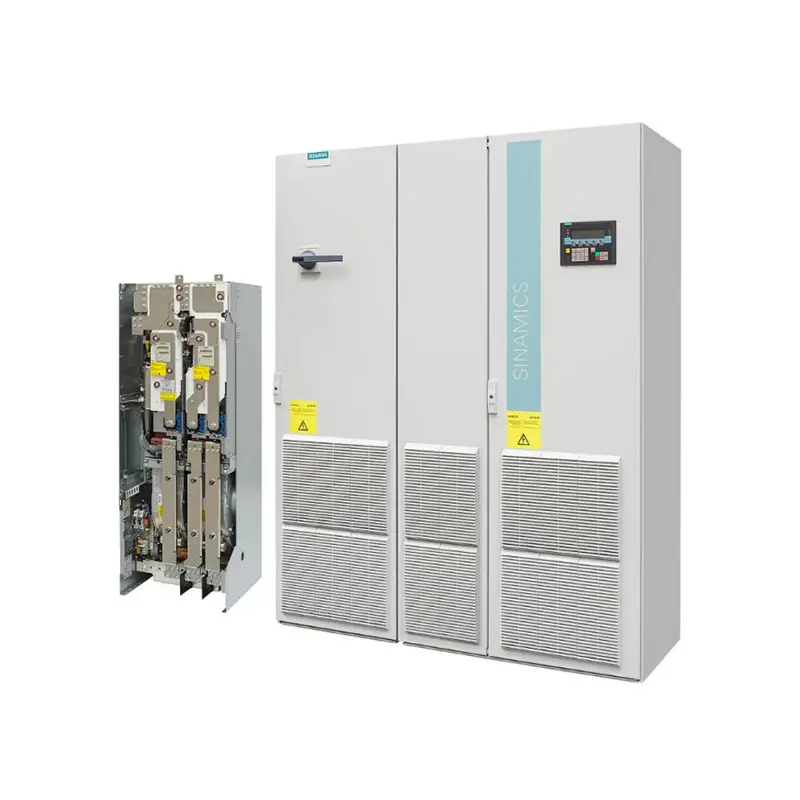 SIEMENS SINAMICS G130/G150
SIEMENS SINAMICS G130/G150 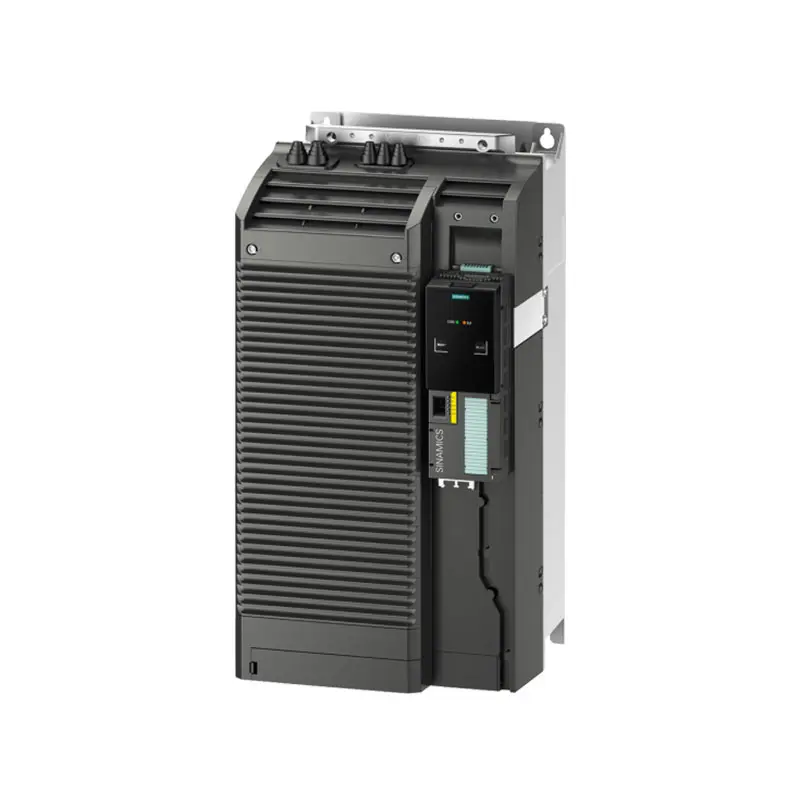 SIEMENS SINAMICS G120 Low Voltage
SIEMENS SINAMICS G120 Low Voltage  SIEMENS SINAMICS G120C Low Voltage
SIEMENS SINAMICS G120C Low Voltage 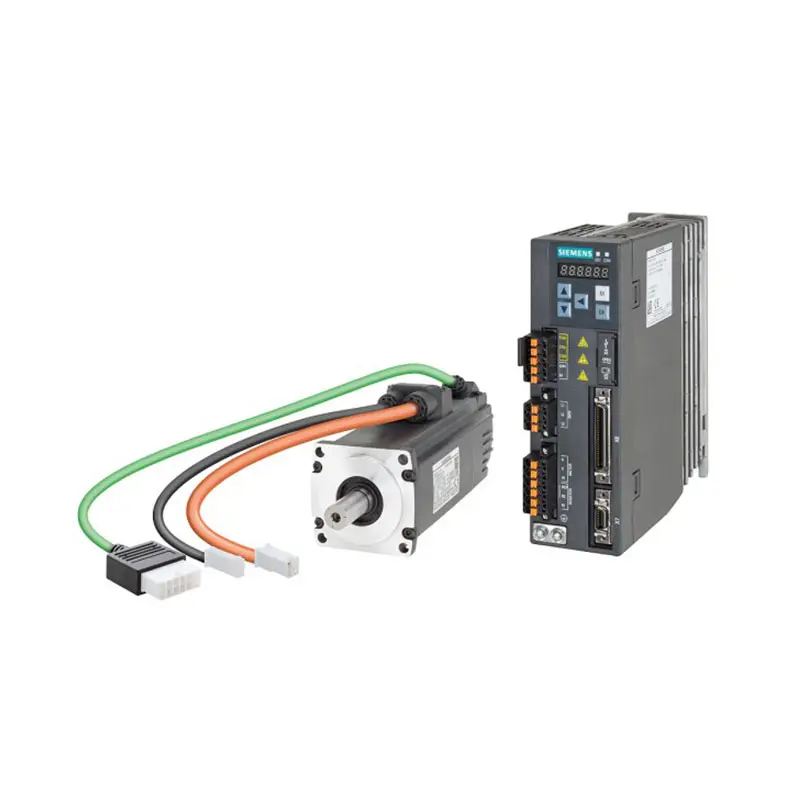 SIEMENS SINAMICS V90
SIEMENS SINAMICS V90 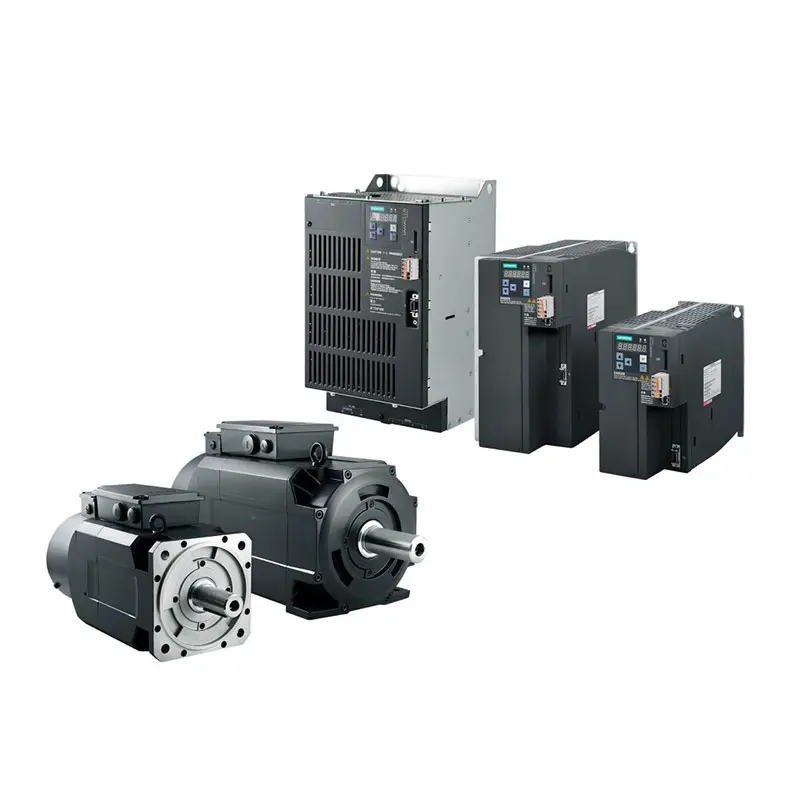 SIEMENS SINAMICS V70 Low Voltage
SIEMENS SINAMICS V70 Low Voltage 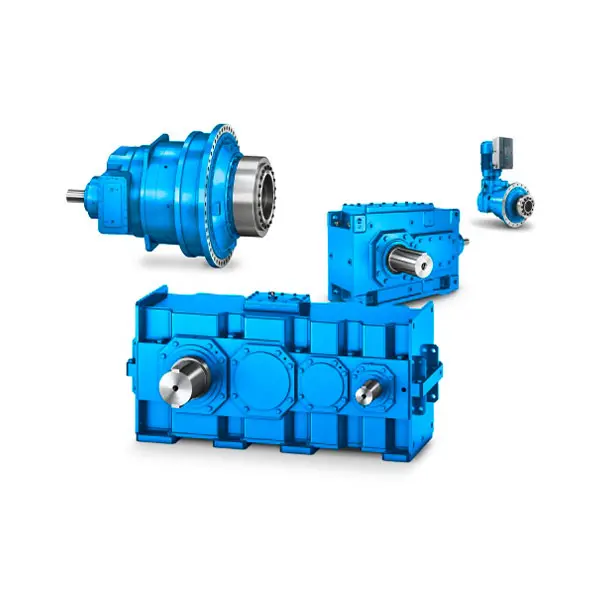 FLENDER Gear Unit
FLENDER Gear Unit 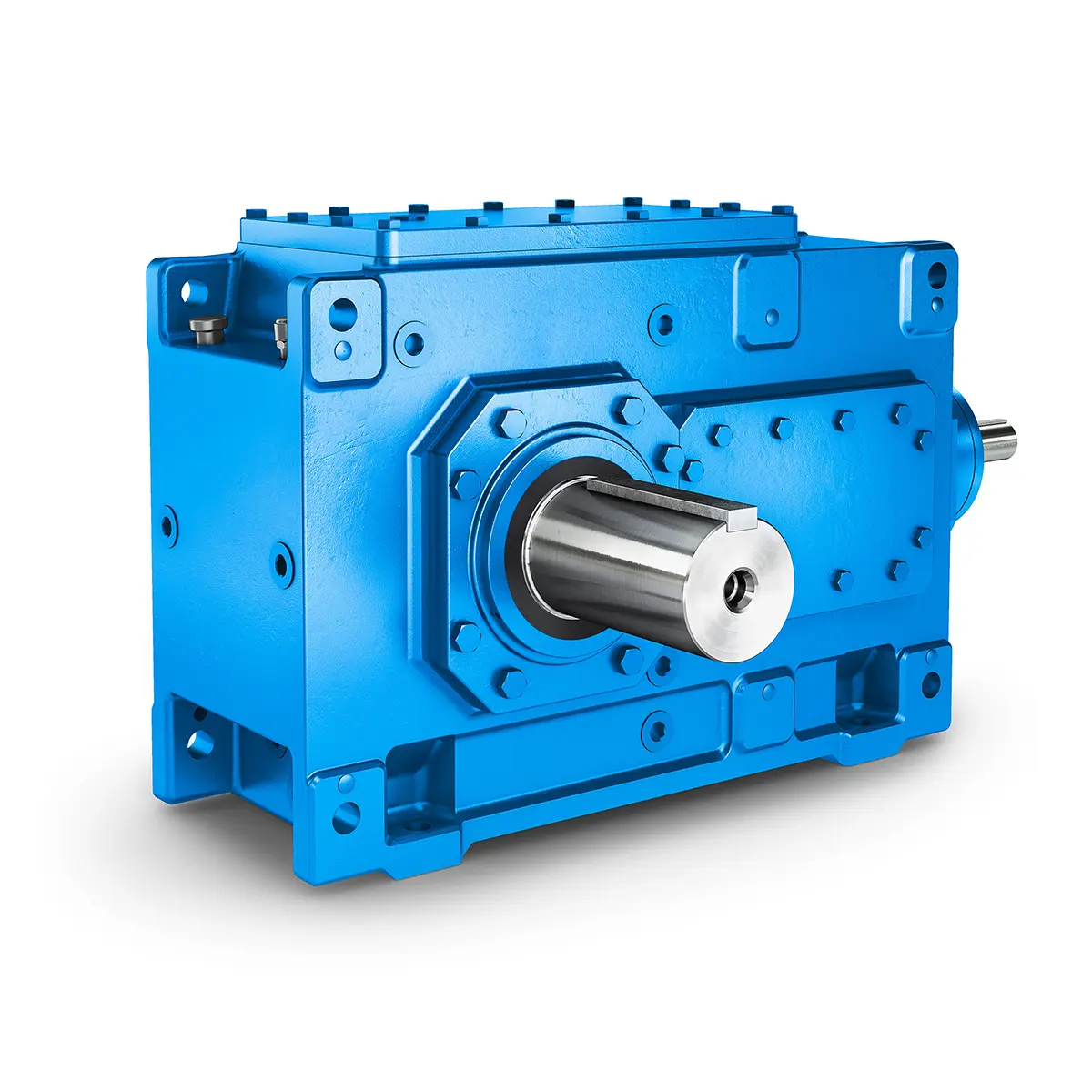 FLENDER Helical Gear Unit
FLENDER Helical Gear Unit 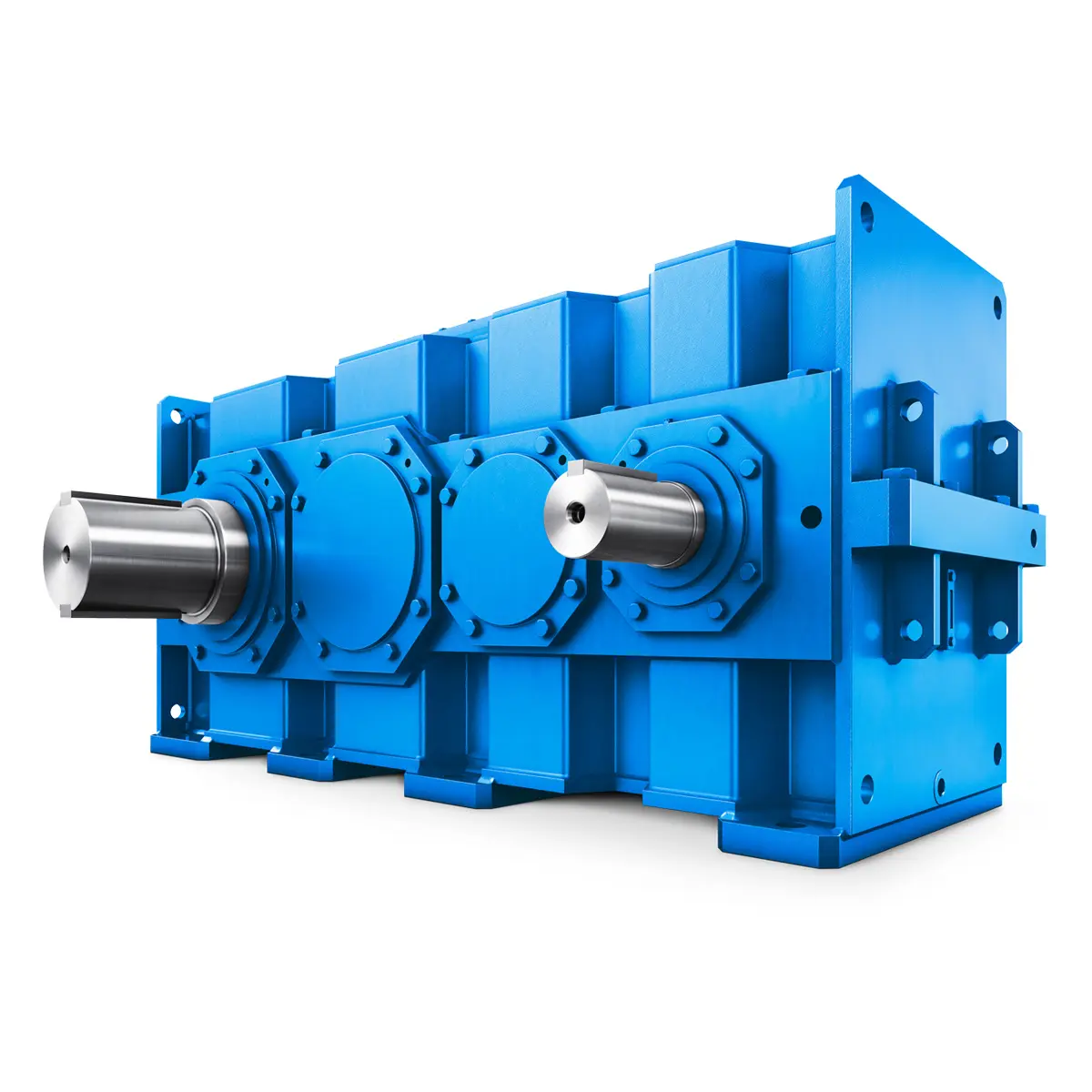 Flender gear units for lifting and luffing gears
Flender gear units for lifting and luffing gears 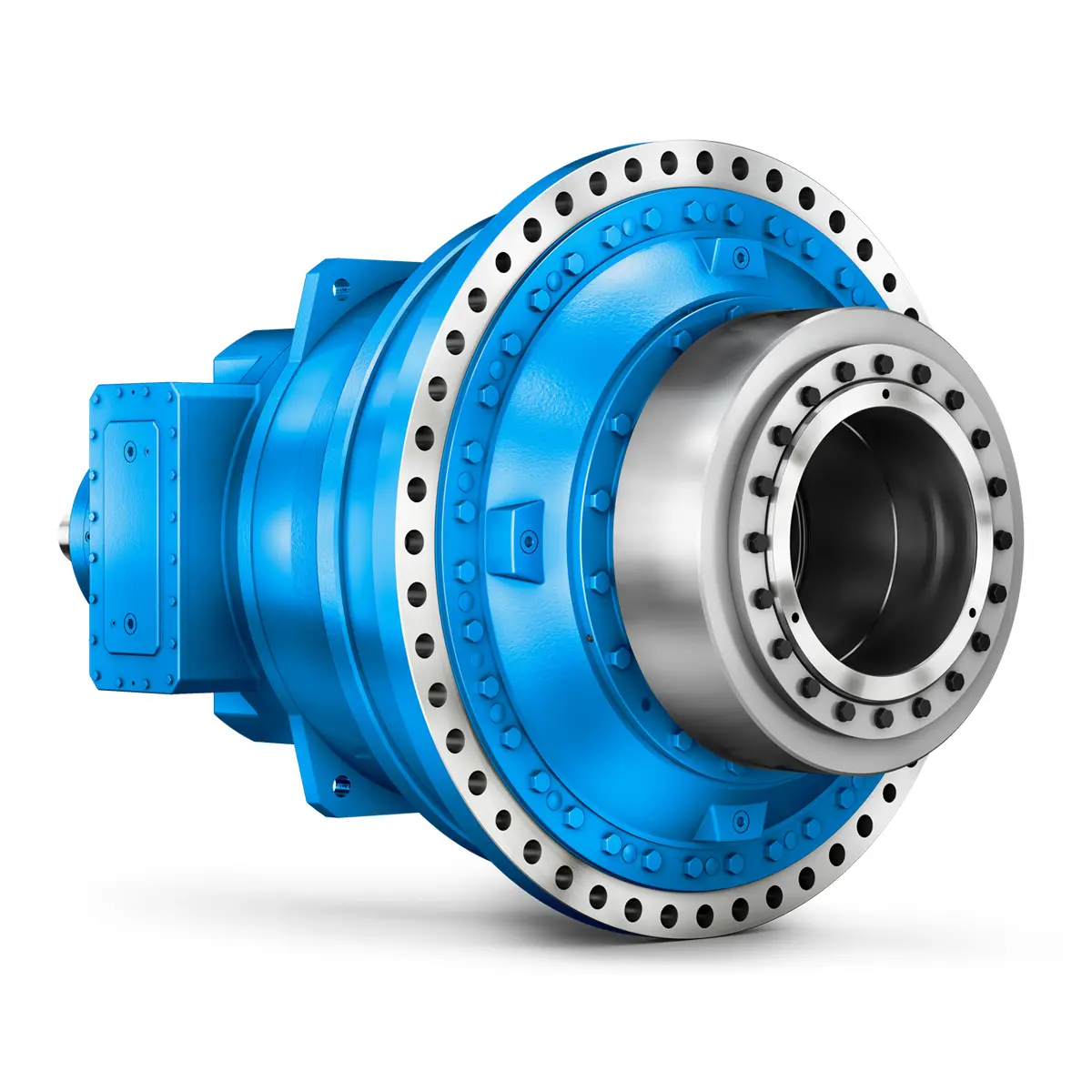 FLENDER Gear Unit gearunit gearbox
FLENDER Gear Unit gearunit gearbox 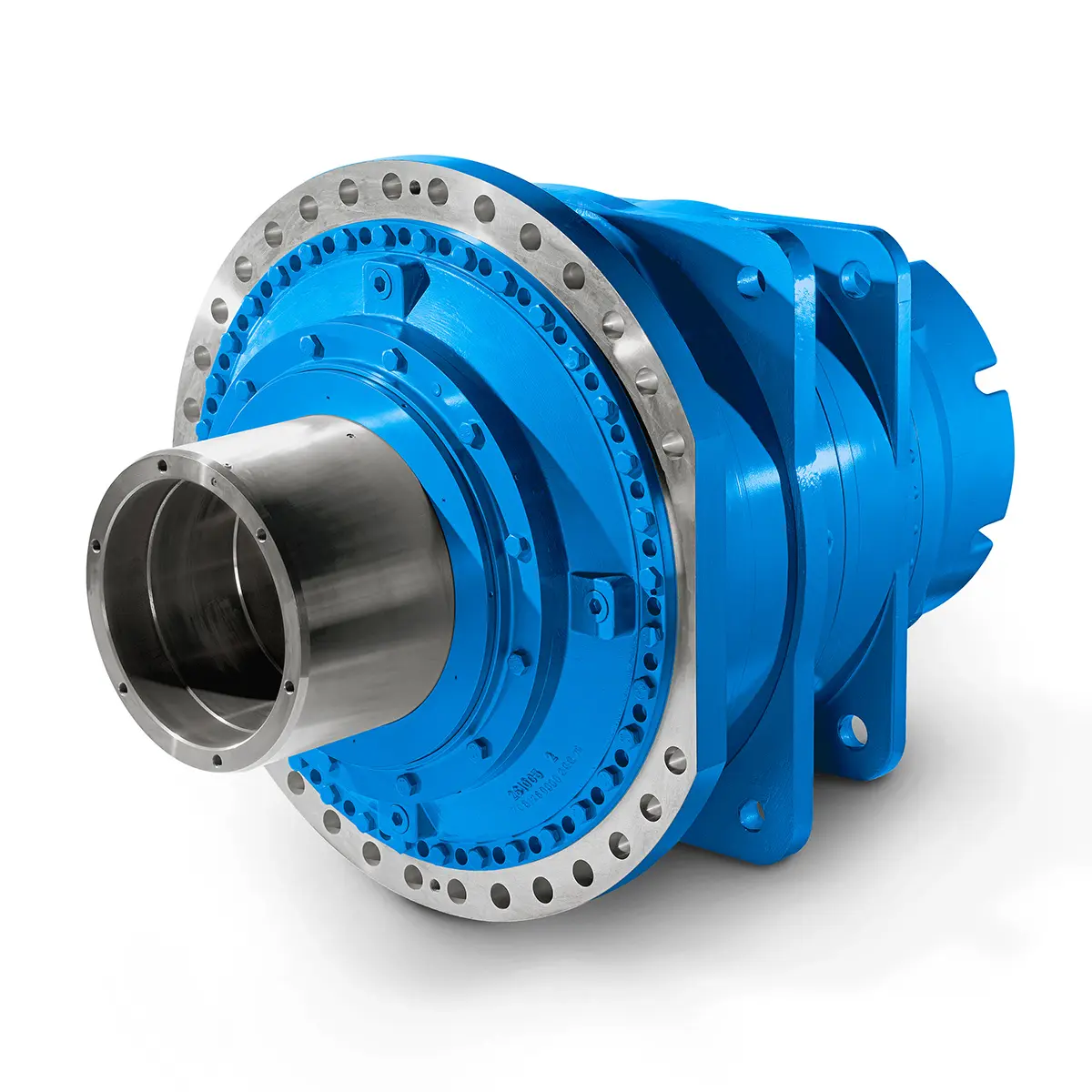 Optimal Drive Solution For Maximum Performance
Optimal Drive Solution For Maximum Performance 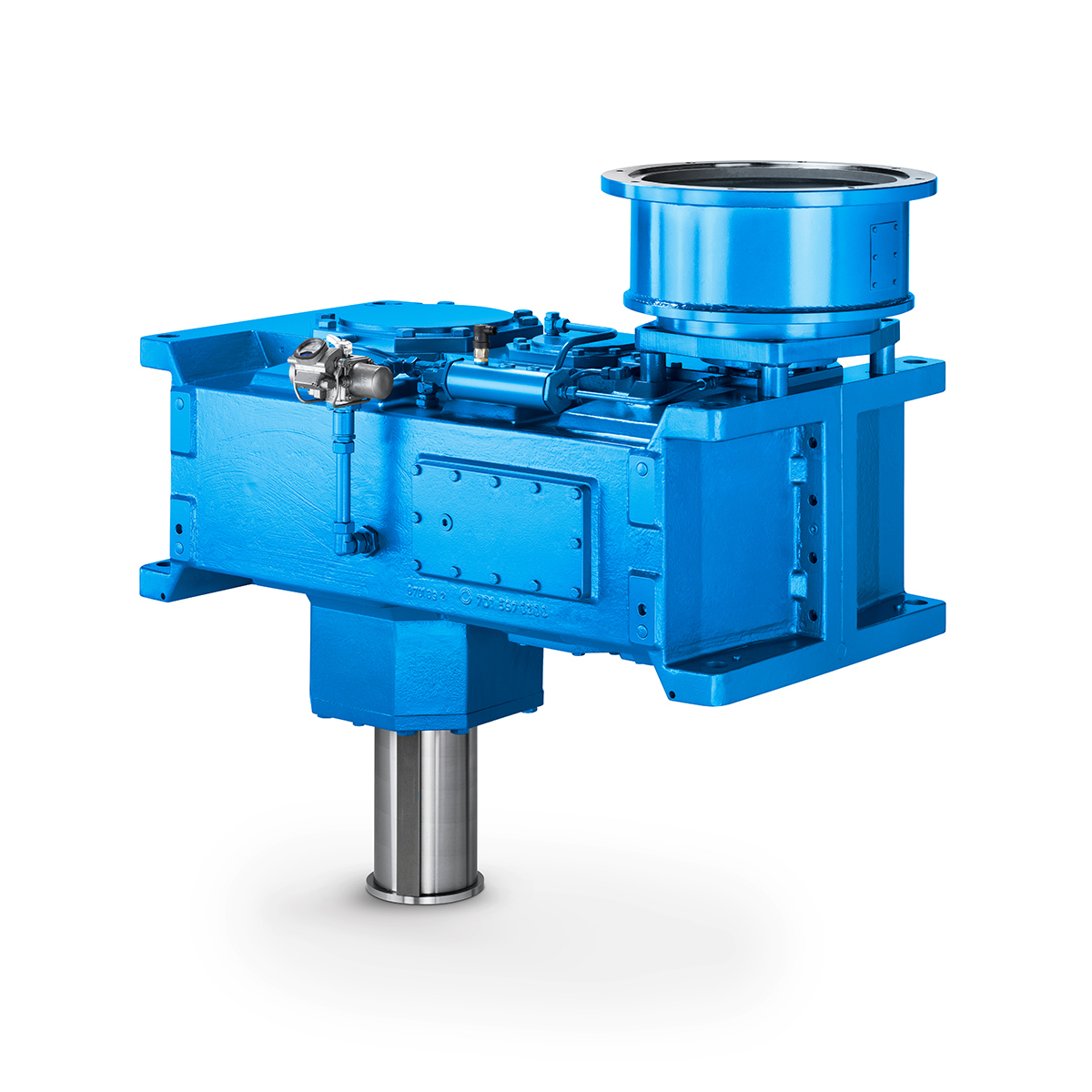 Strongly operating against biodegradable constituents
Strongly operating against biodegradable constituents 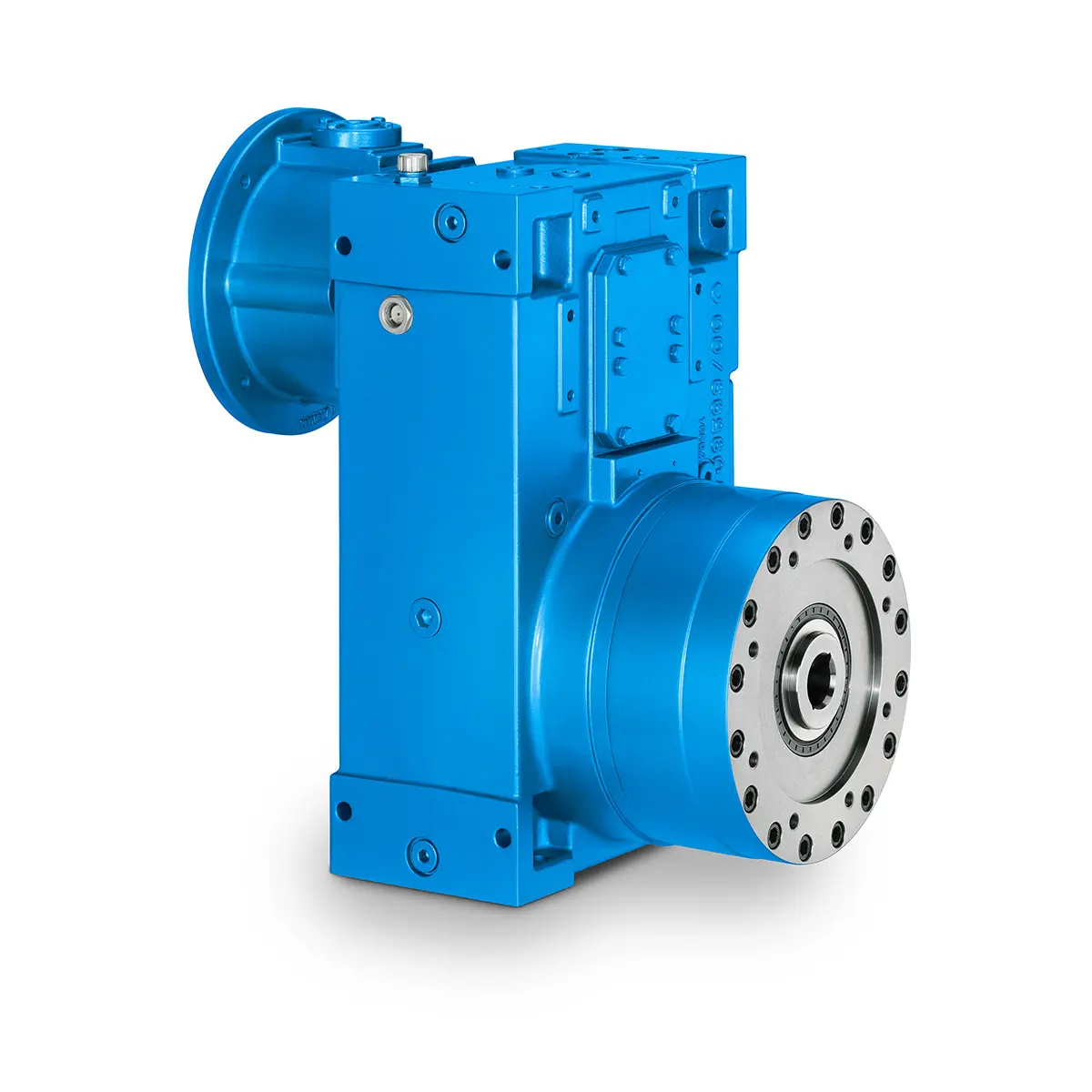 SINGLE SCREW Special industry dedicated gearunit gearbox
SINGLE SCREW Special industry dedicated gearunit gearbox 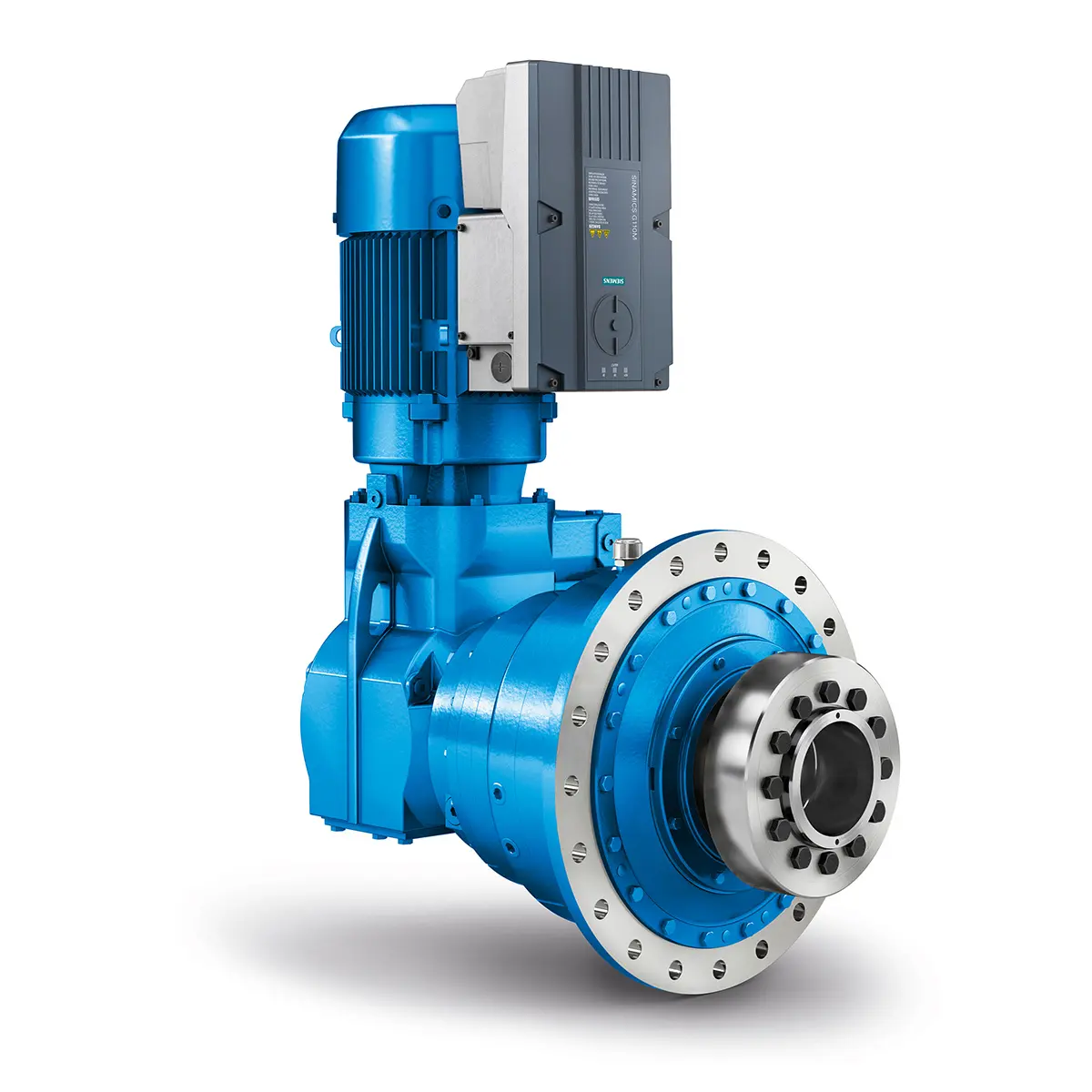 Playmaker In The Premium League
Playmaker In The Premium League 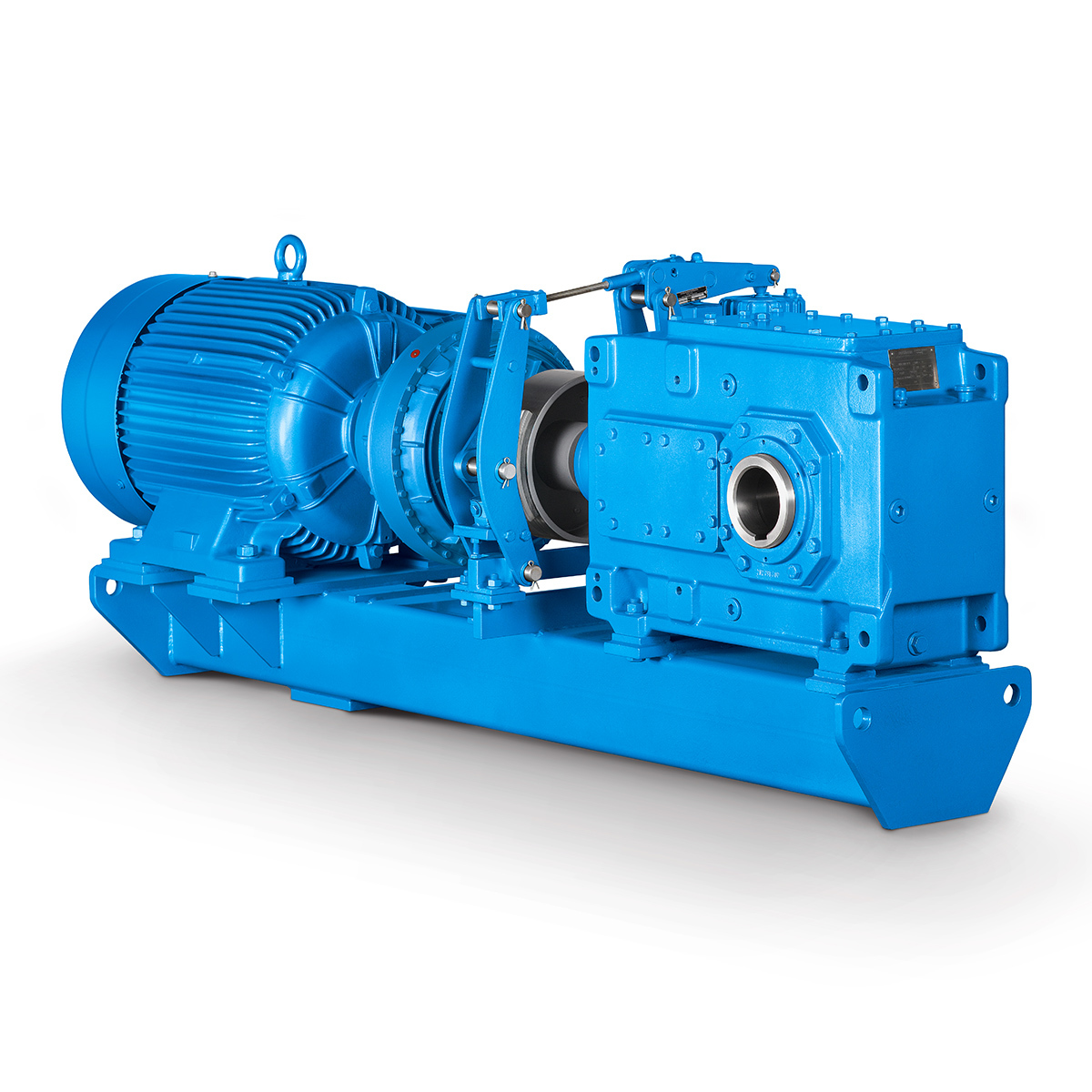 Conveyor belts gearunit gearbox
Conveyor belts gearunit gearbox 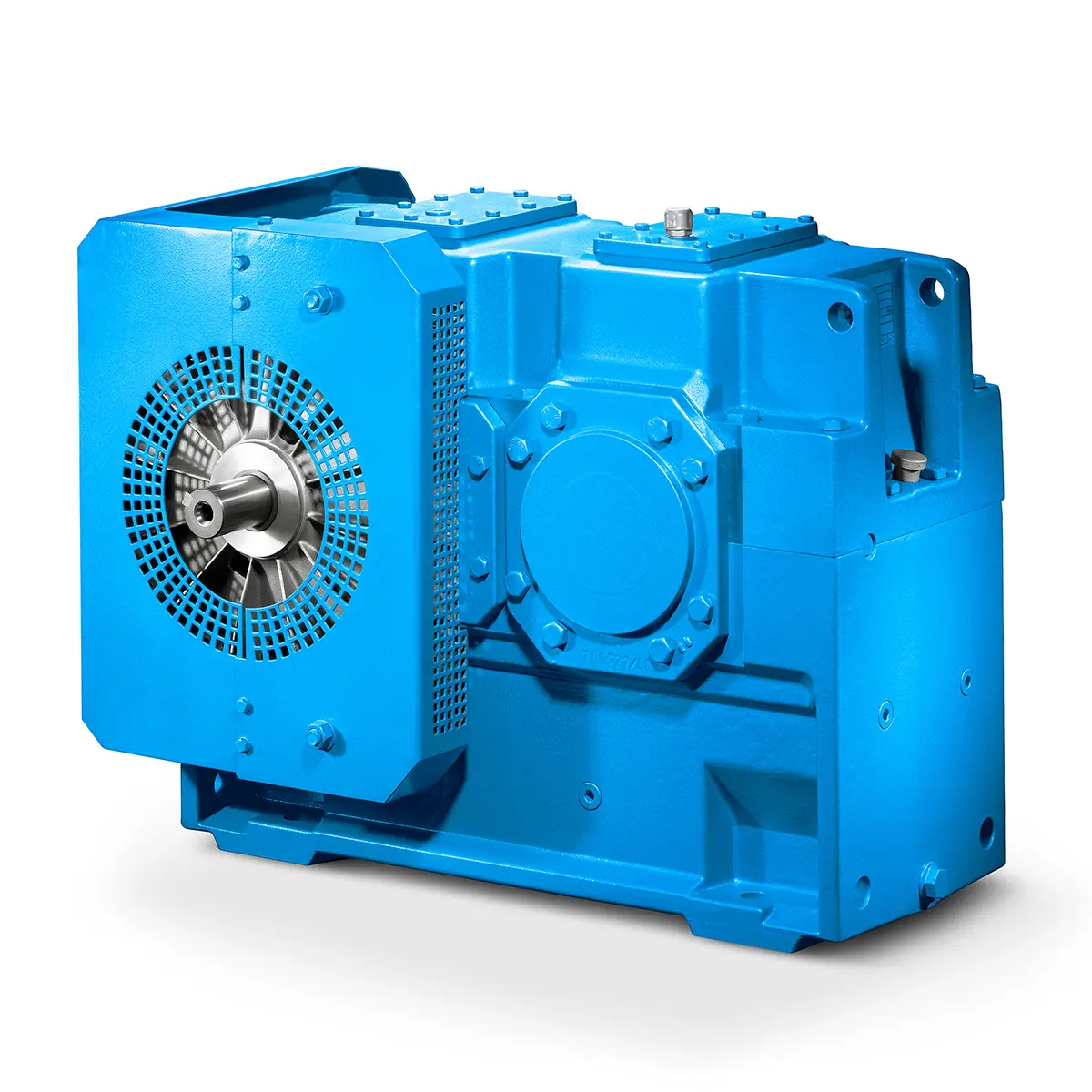 Paper And Pulp Preparation Sections
Paper And Pulp Preparation Sections 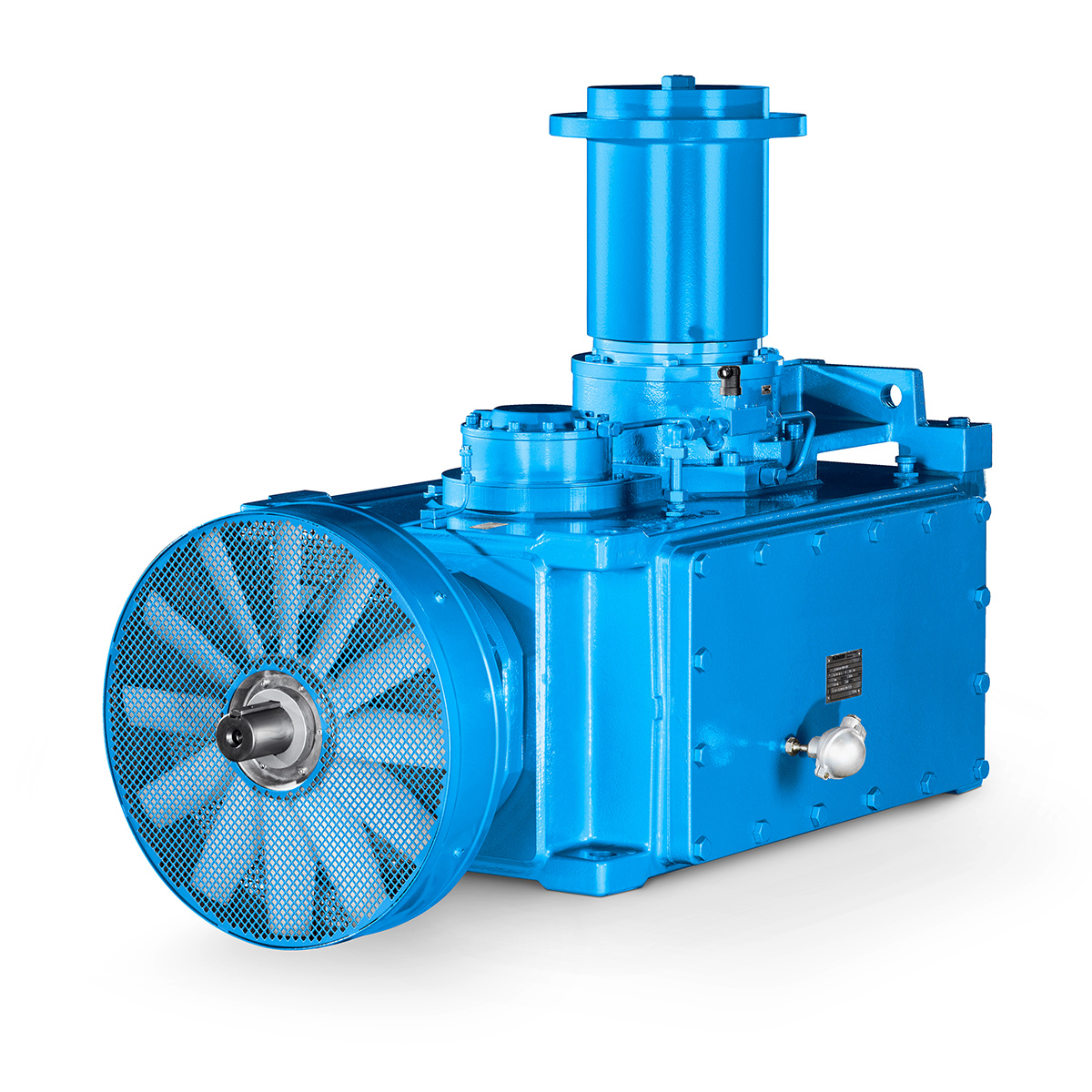 Operational Reliability Even In Case Of The Highest Ventilation Forces
Operational Reliability Even In Case Of The Highest Ventilation Forces 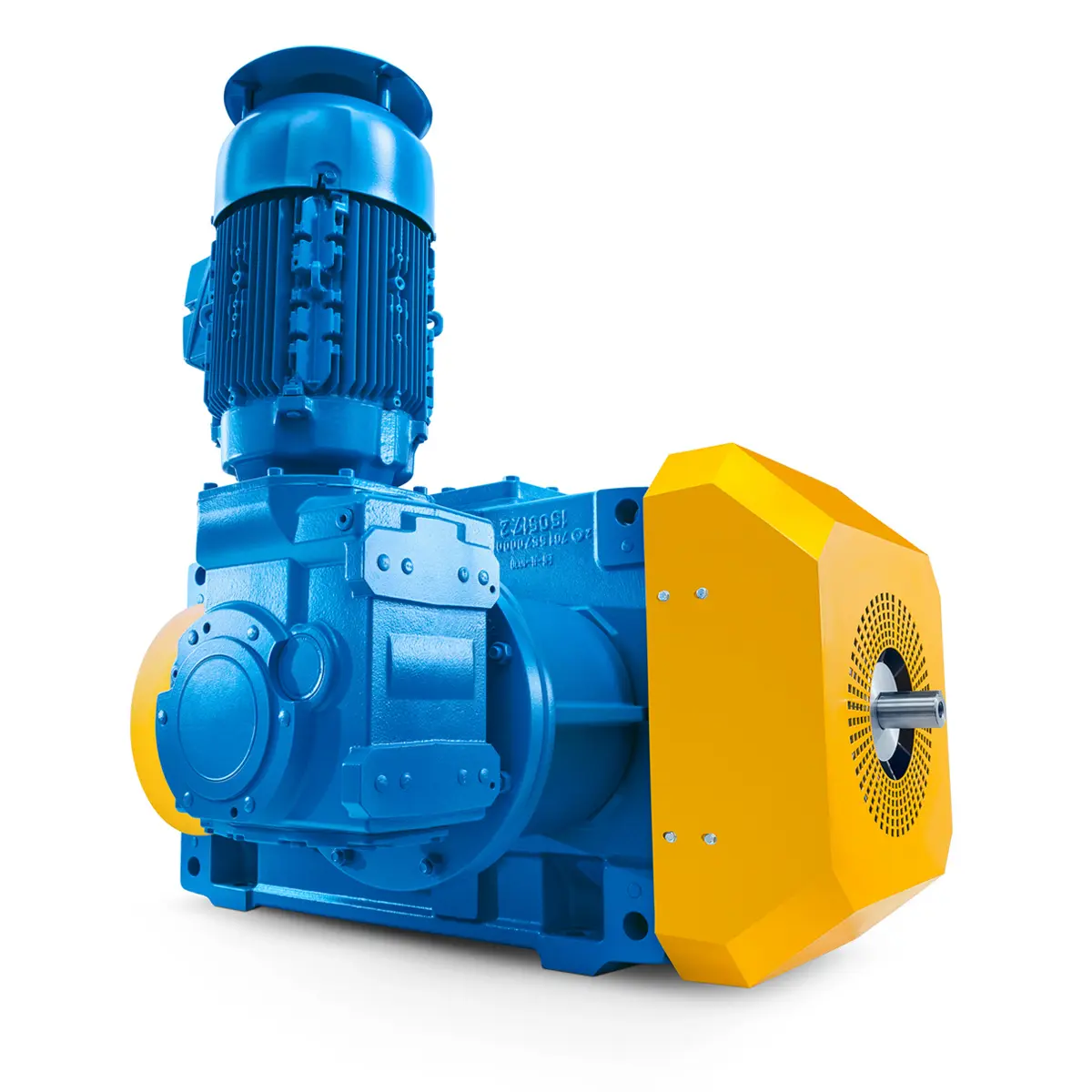 Reliable Gear Units For High Performance Vertical Conveyors 59/200
Reliable Gear Units For High Performance Vertical Conveyors 59/200 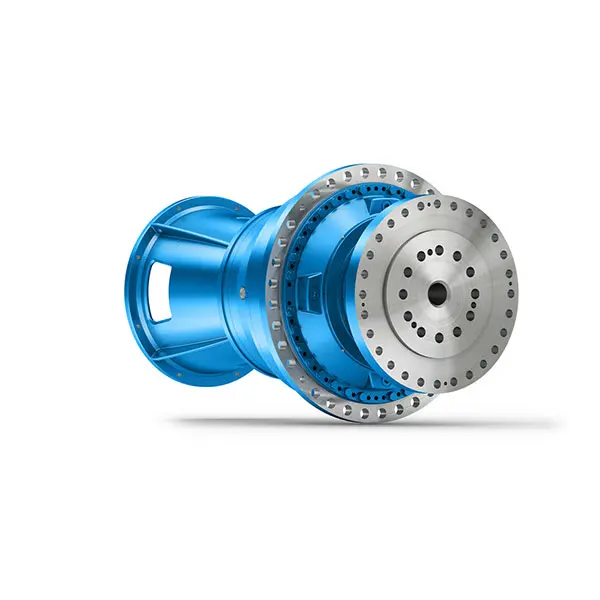 Maximum power density – PLANUREX 3 L individual drives for your sugar cane mill
Maximum power density – PLANUREX 3 L individual drives for your sugar cane mill 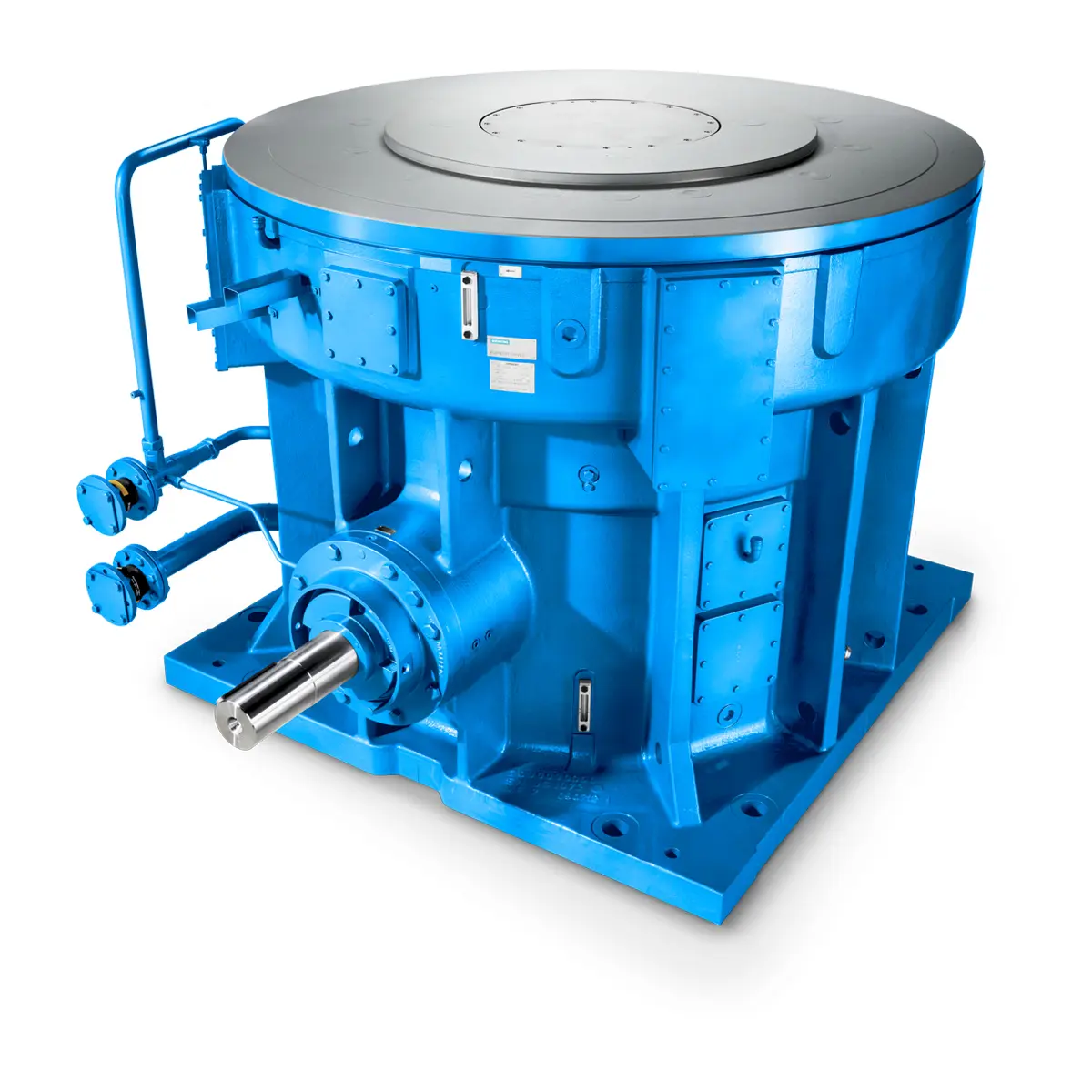 The proven all rounder gearunit gearbox
The proven all rounder gearunit gearbox 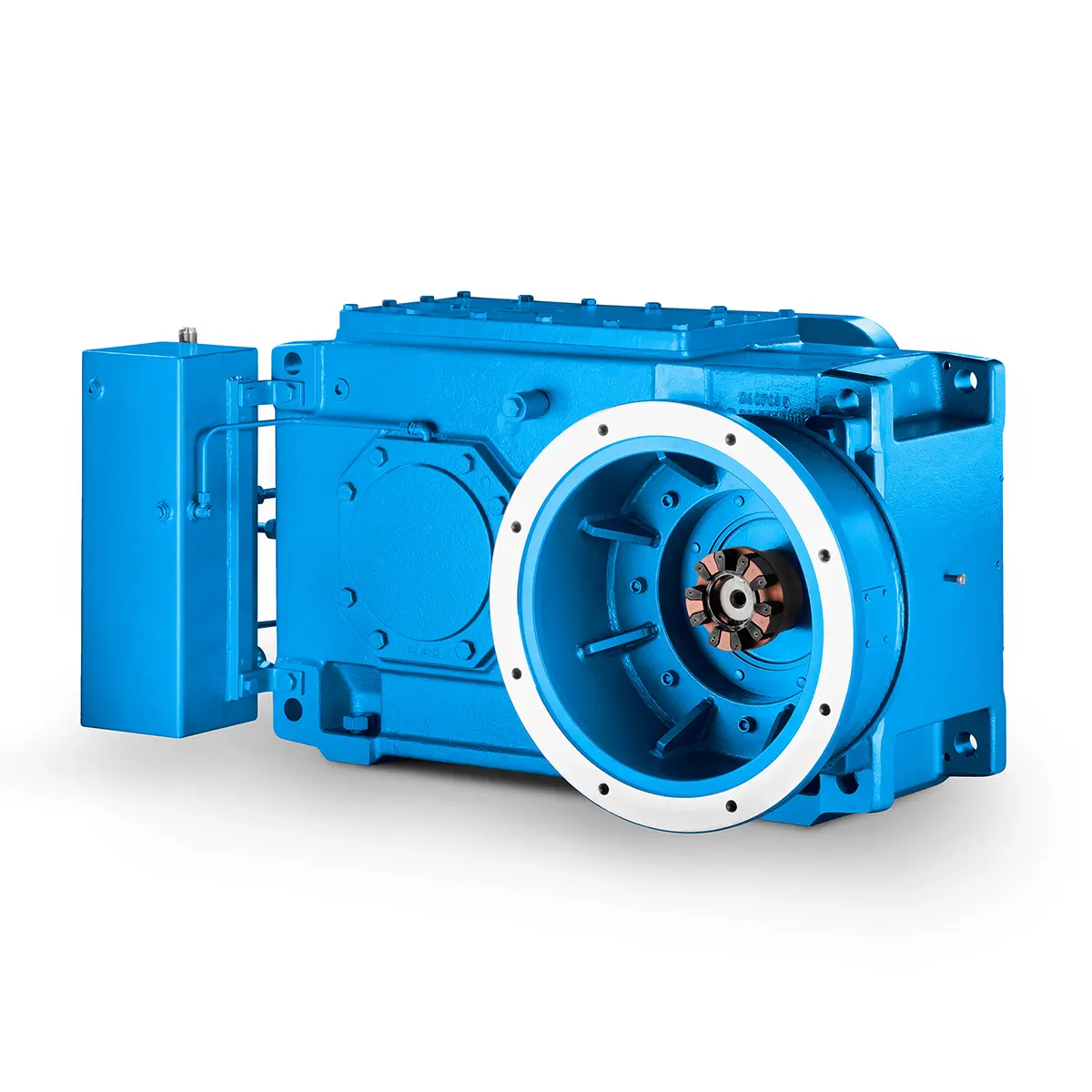 Stirs and stirs and stirs gearunit gearbox
Stirs and stirs and stirs gearunit gearbox 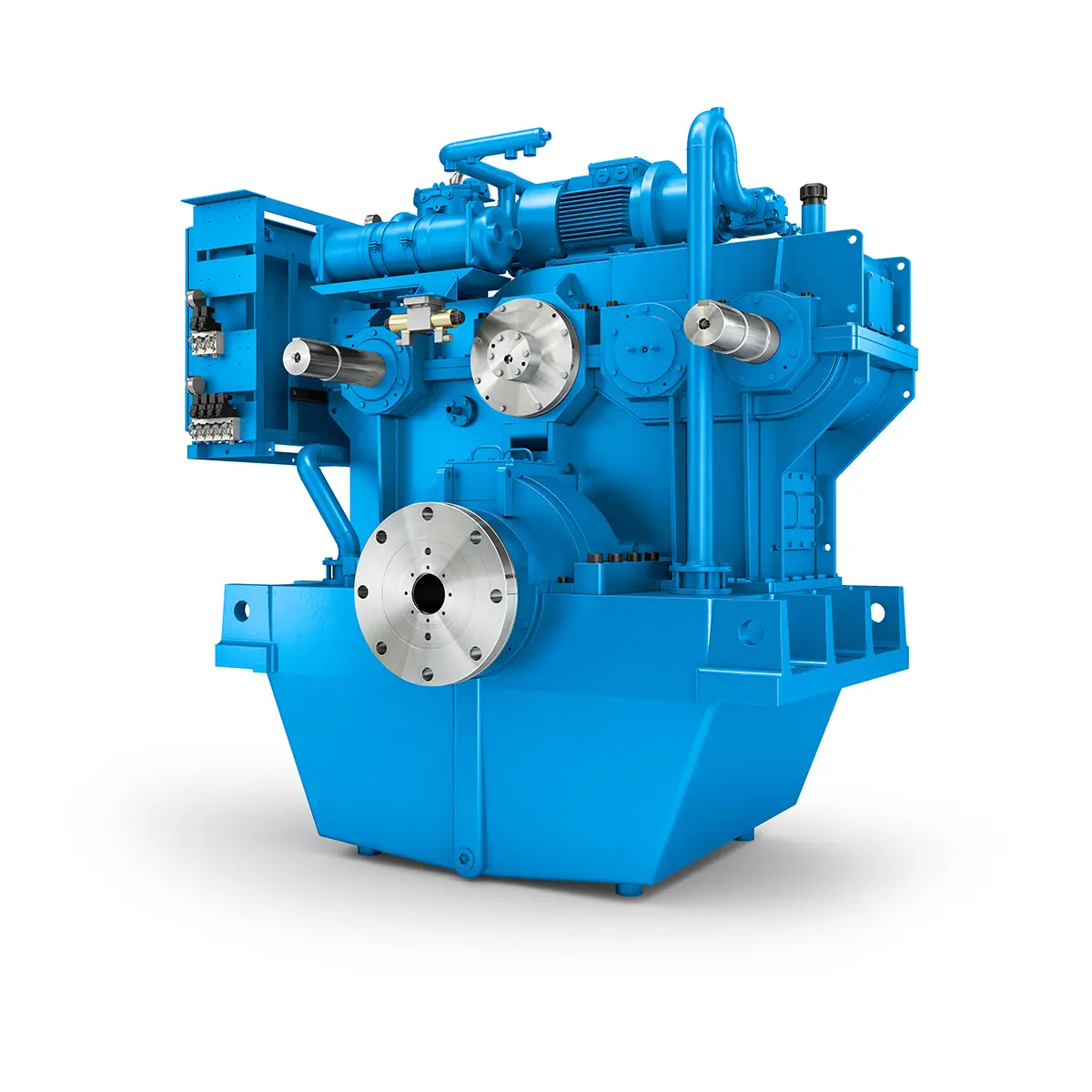 Flexibility on Board gearunit gearbox
Flexibility on Board gearunit gearbox 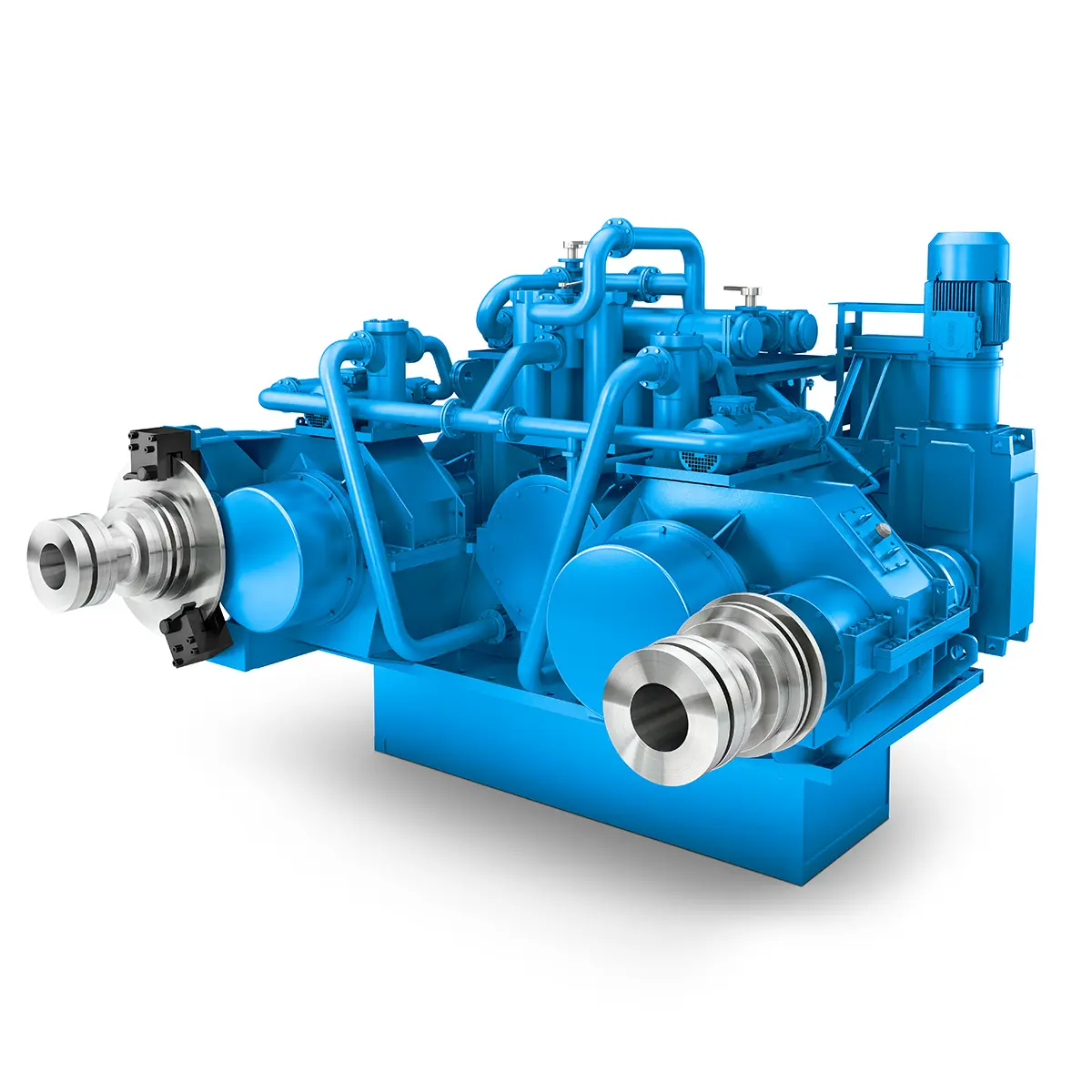 The right gearbox for all Multi-Engine Ships
The right gearbox for all Multi-Engine Ships 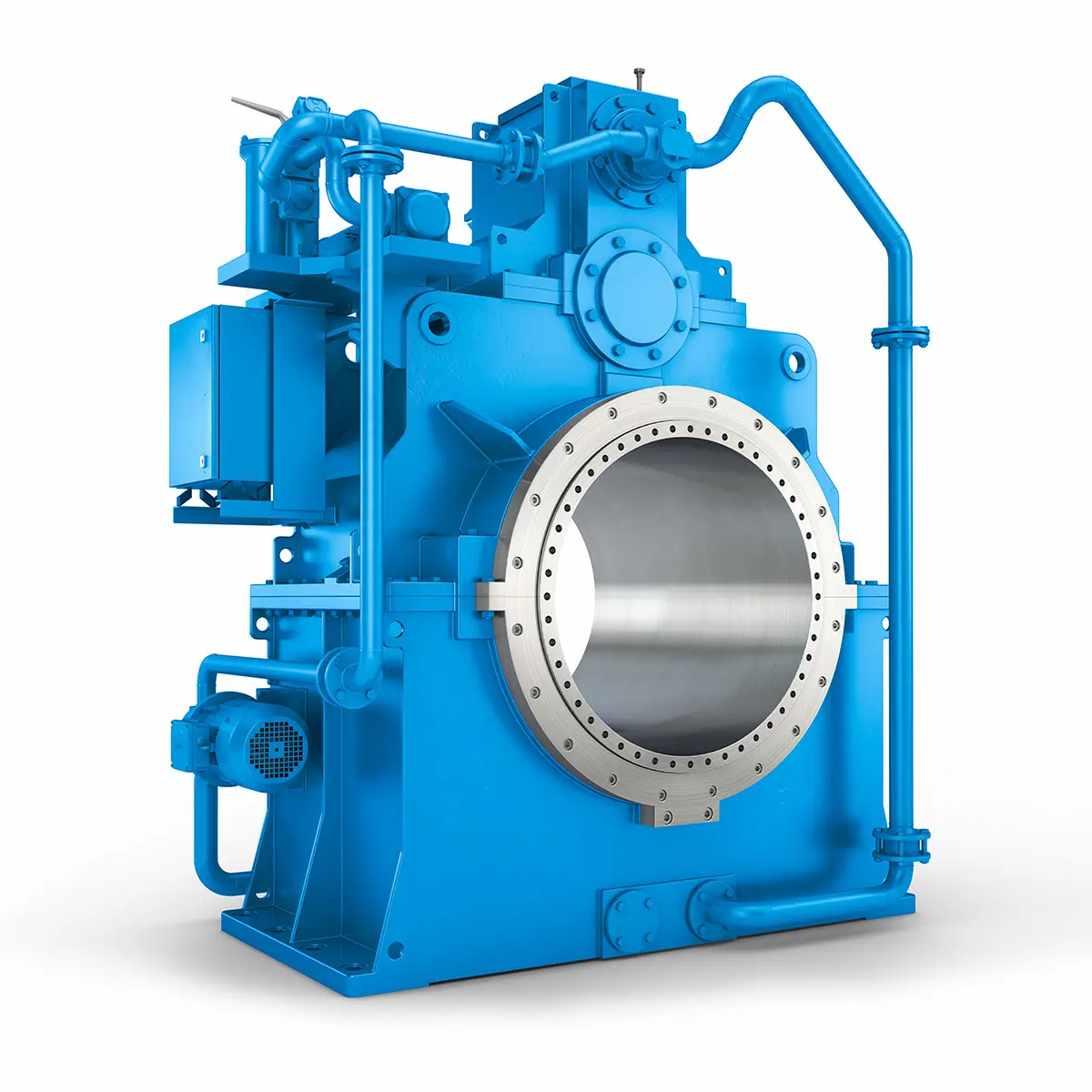 Reliable Power Generation on board
Reliable Power Generation on board 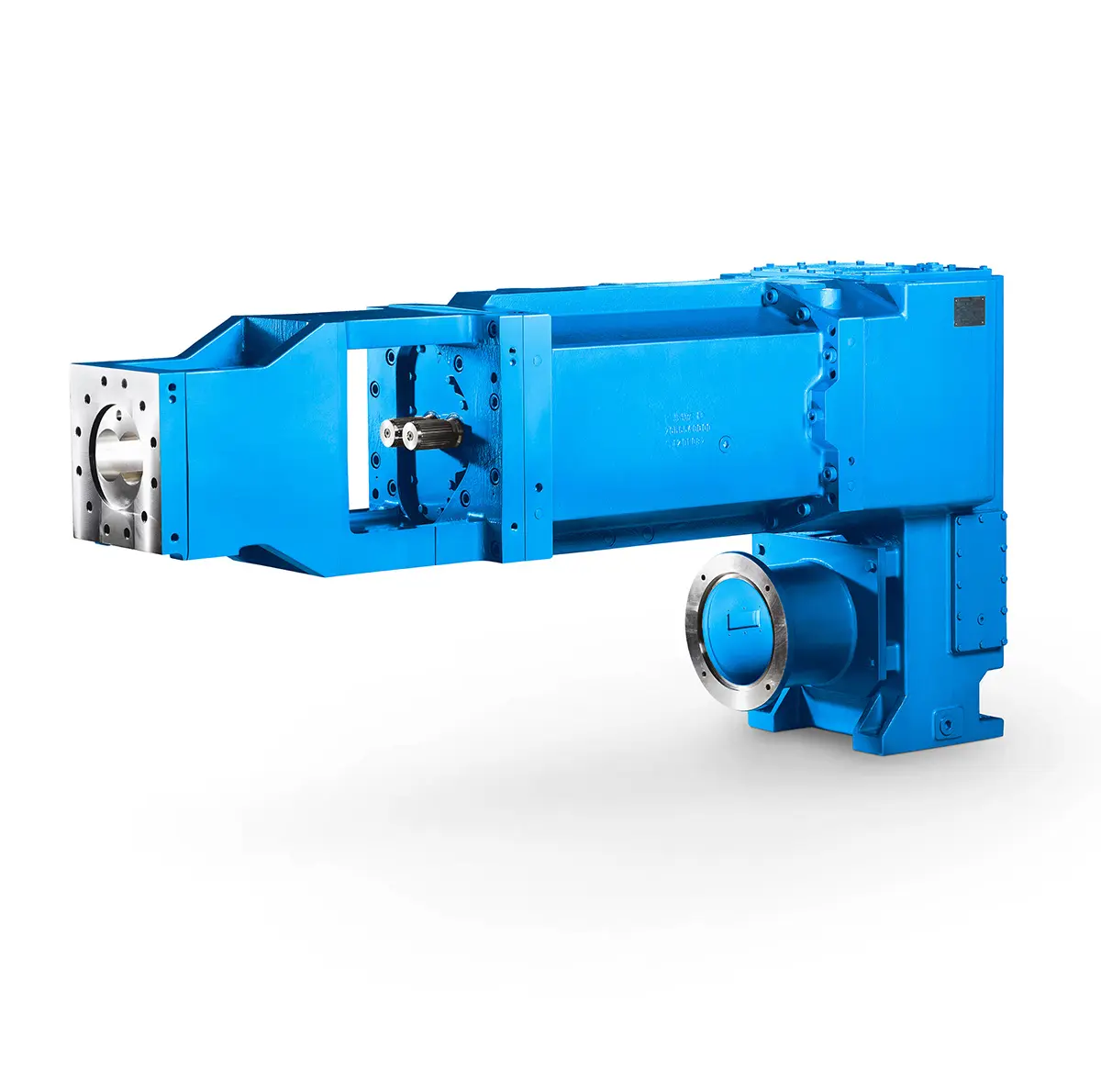 Maximum performance level, fast deliverable
Maximum performance level, fast deliverable 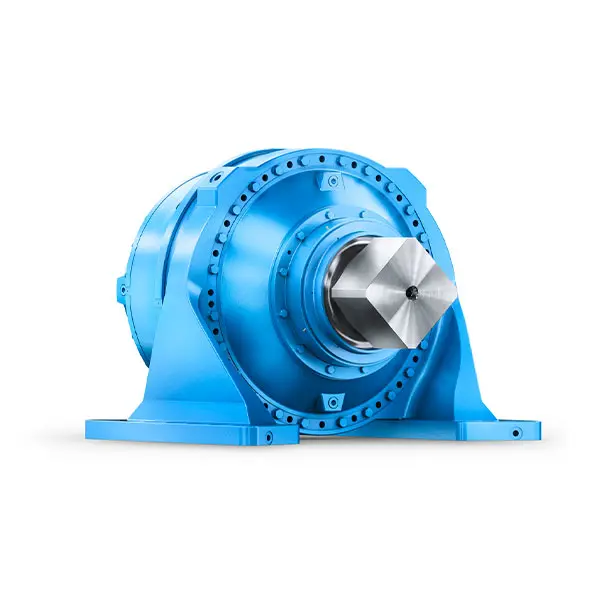 Efficient and compact – FLENDER Gear Units for Sugar Mills
Efficient and compact – FLENDER Gear Units for Sugar Mills 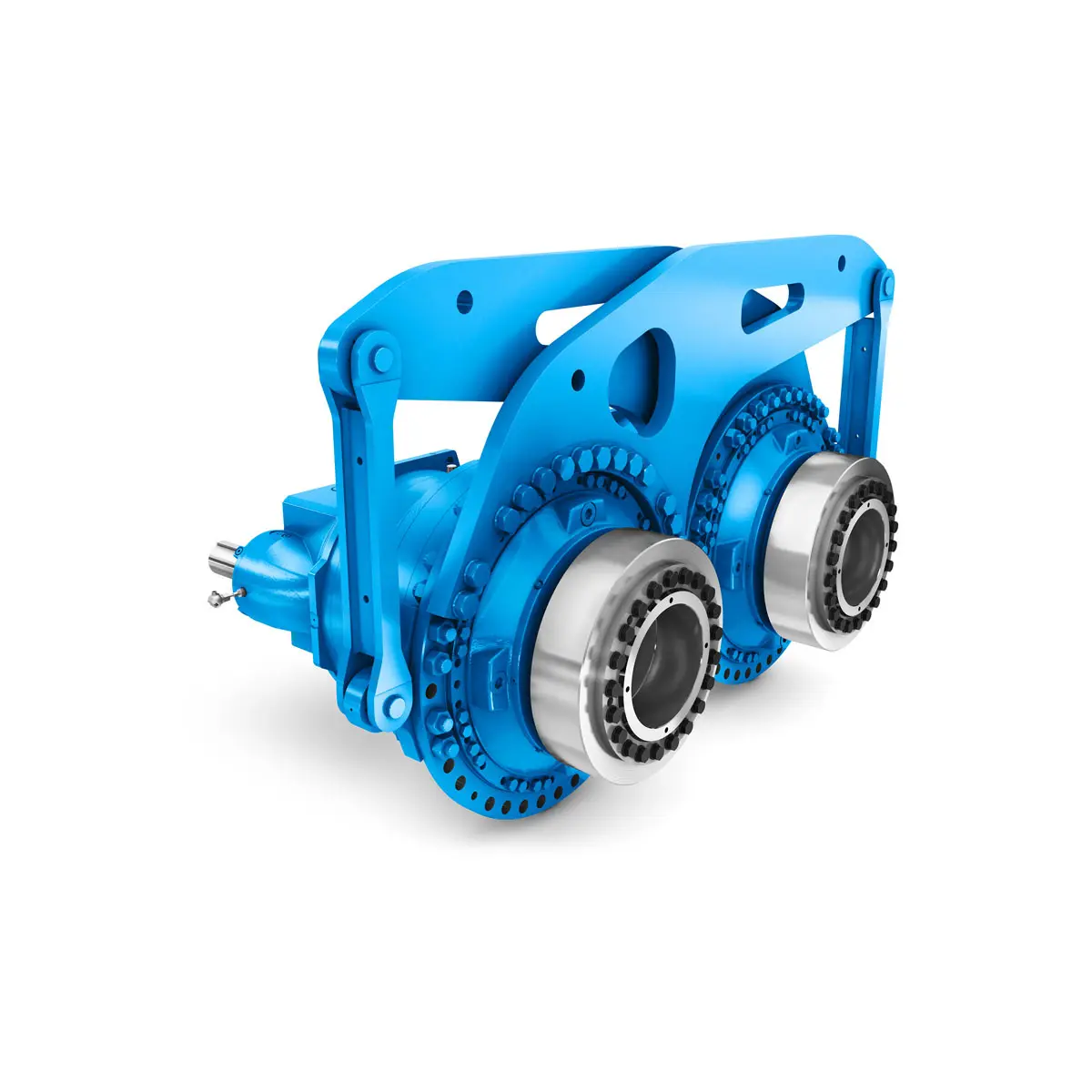 Extremely strong. Extremely compact. Extremely stressable.
Extremely strong. Extremely compact. Extremely stressable. 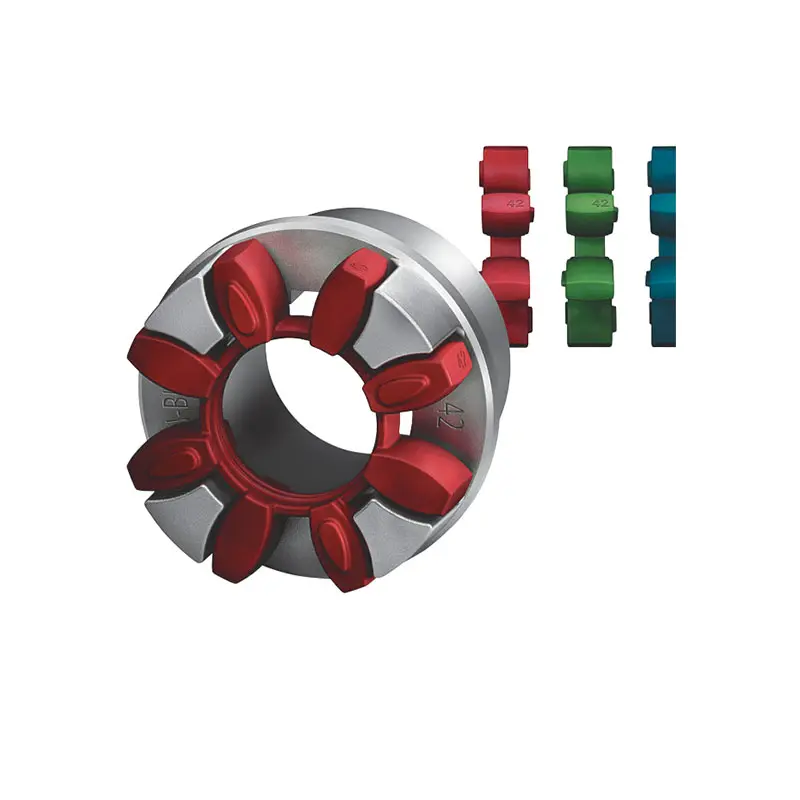 FLENDER Coupling
FLENDER Coupling  ZAPEX ZW Torsionally Rigid Gear Coupling
ZAPEX ZW Torsionally Rigid Gear Coupling 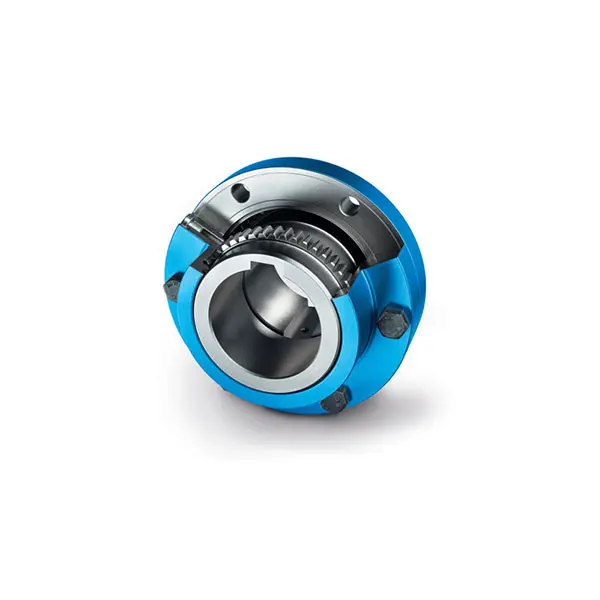 ZAPEX ZN Torsionally Rigid Gear Coupling
ZAPEX ZN Torsionally Rigid Gear Coupling 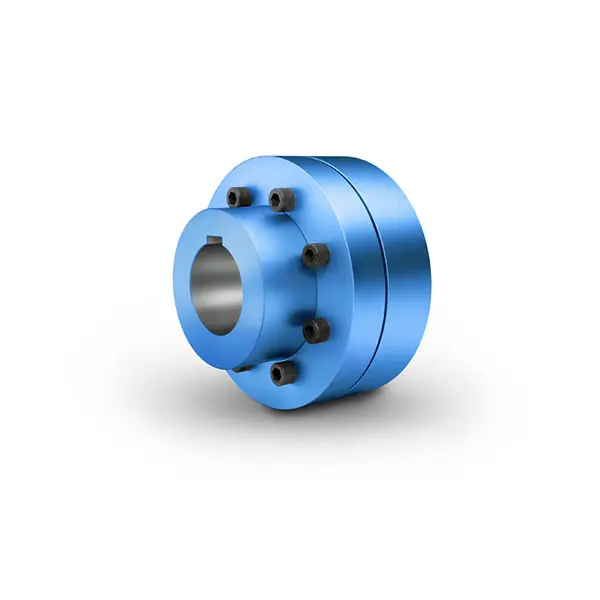 N-EUPEX Flexible high performance Coupling
N-EUPEX Flexible high performance Coupling 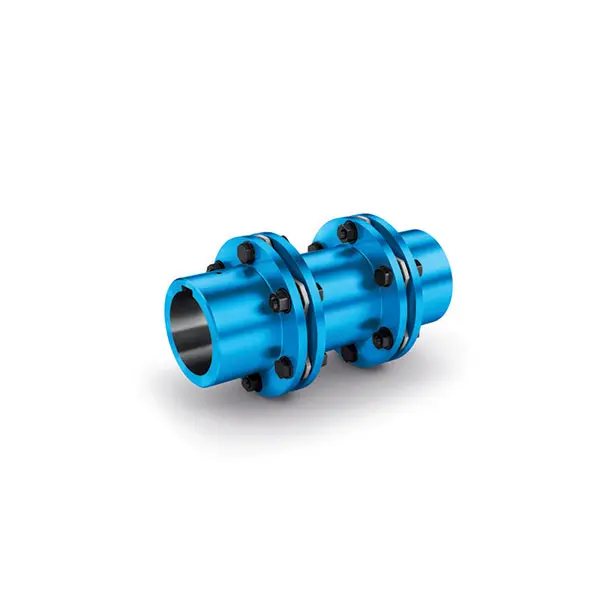 N-ARPEX Torsionally Rigid All-Steel Coupling
N-ARPEX Torsionally Rigid All-Steel Coupling 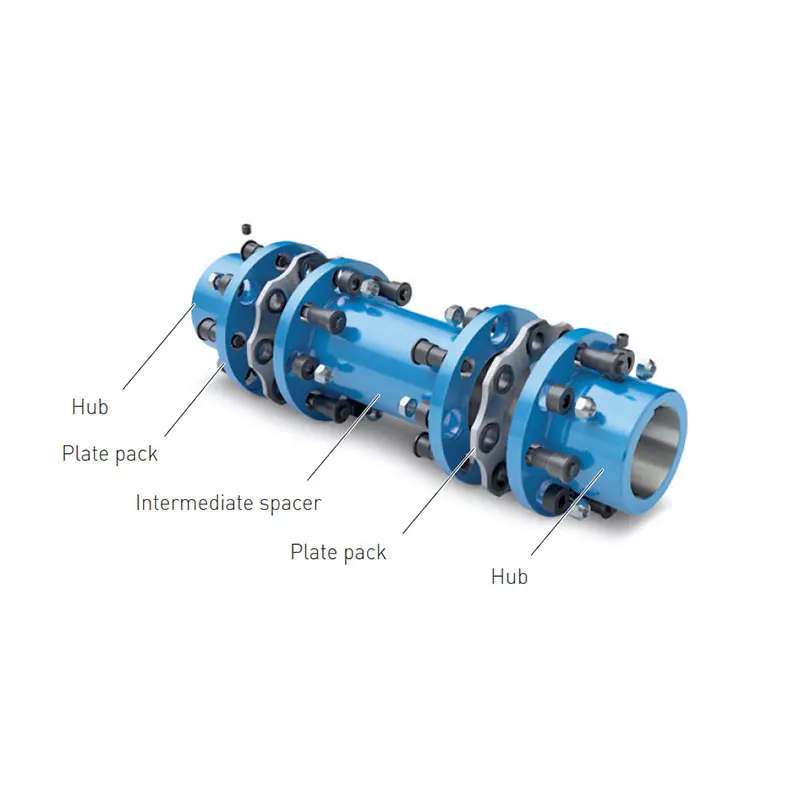 ARPEX Torsionally Rigid All-Steel Coupling Spare and Parts
ARPEX Torsionally Rigid All-Steel Coupling Spare and Parts  N-EUPEX DS Flexible High Performance Coupling
N-EUPEX DS Flexible High Performance Coupling 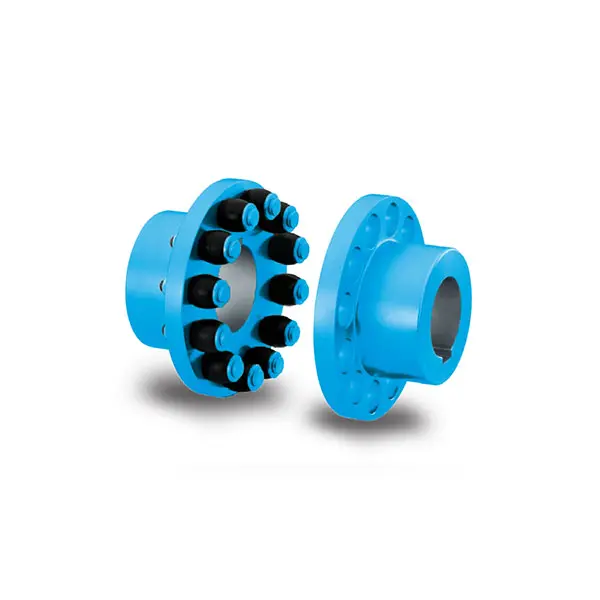 RUPEX Flexible high performance Coupling
RUPEX Flexible high performance Coupling 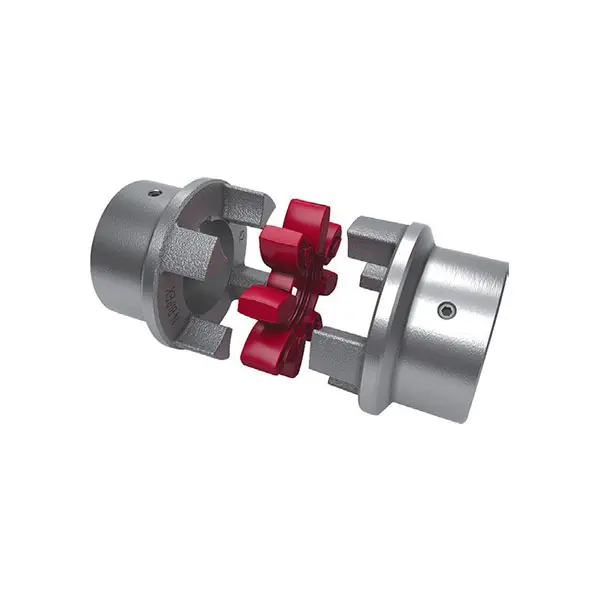 N BIPEX Flexible high performance coupling
N BIPEX Flexible high performance coupling 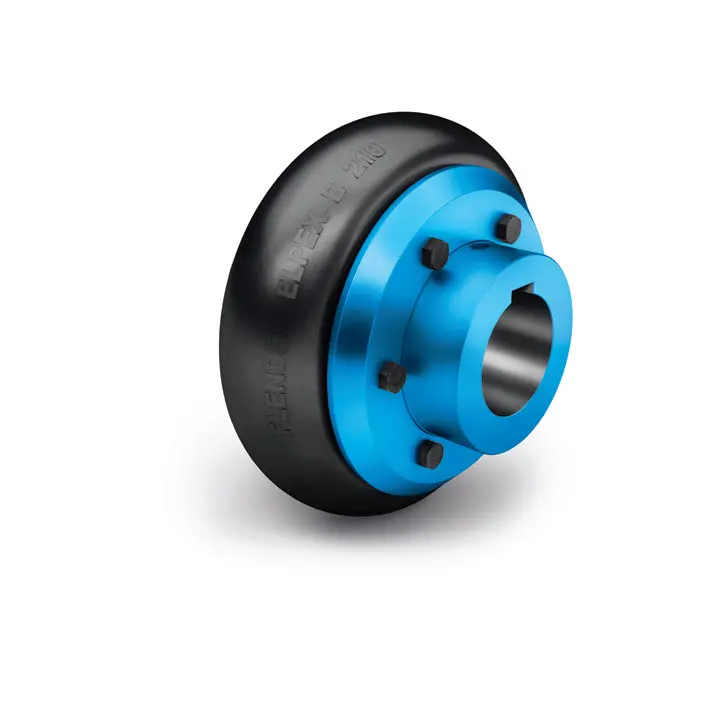 ELPEX B Highly Flexible Coupling
ELPEX B Highly Flexible Coupling 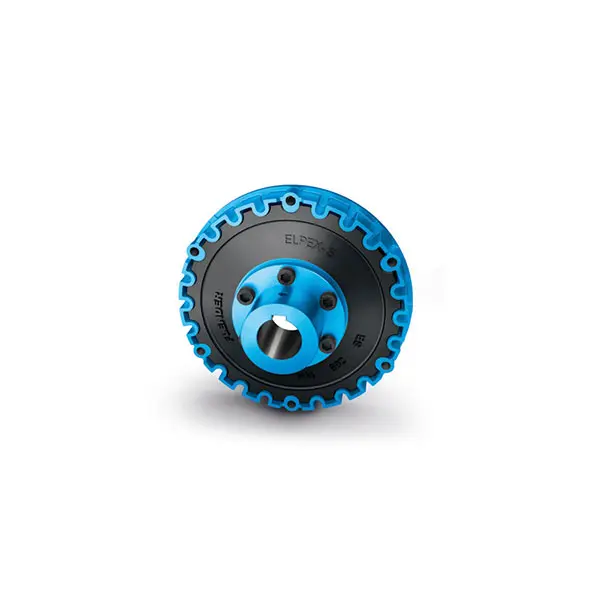 ELPEX S Highly Flexible Coupling high performance
ELPEX S Highly Flexible Coupling high performance 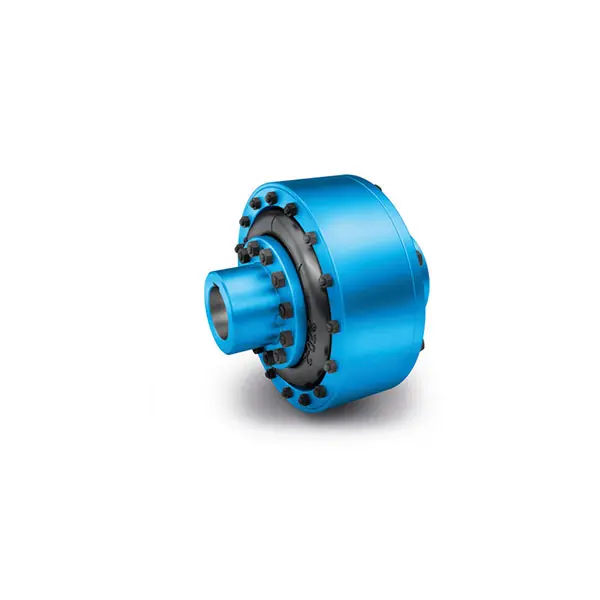 ELPEX Highly Flexible Coupling high performance
ELPEX Highly Flexible Coupling high performance 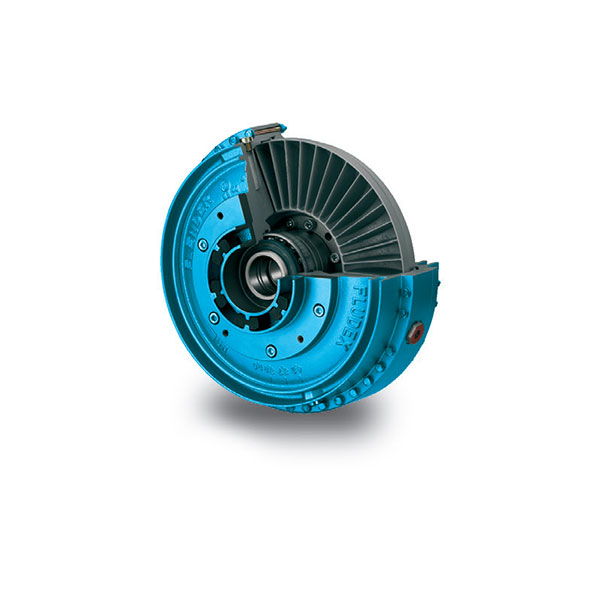 FLUDEX Fluid Coupling high performance
FLUDEX Fluid Coupling high performance 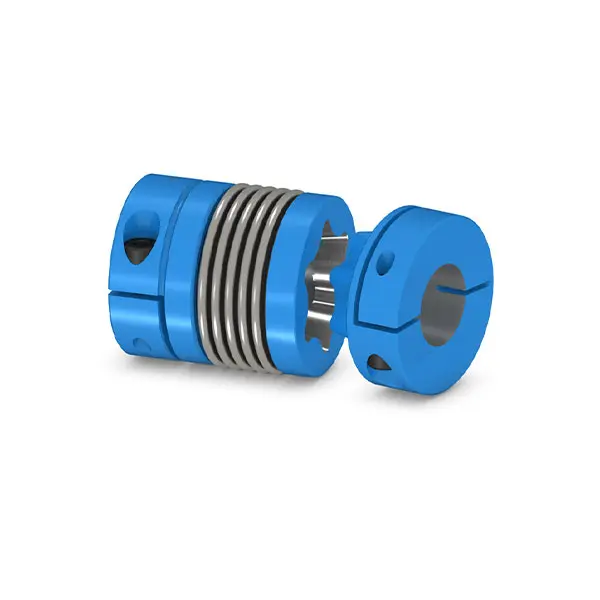 SIPEX Backlash free Coupling high performance
SIPEX Backlash free Coupling high performance 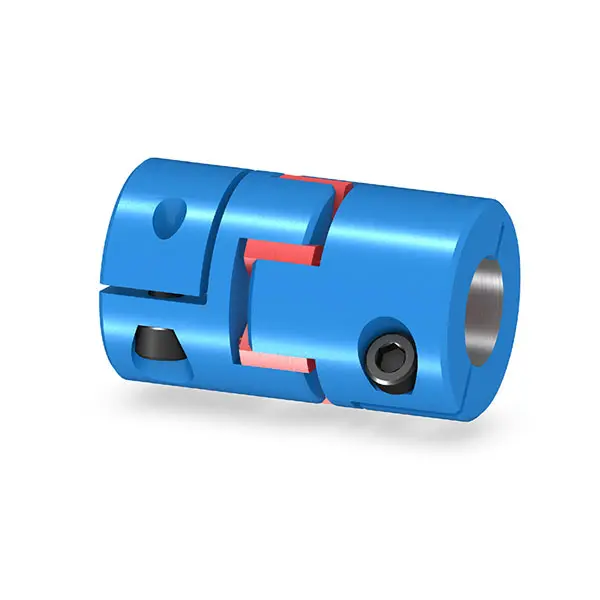 BIPEX S Backlash free Coupling high performance
BIPEX S Backlash free Coupling high performance 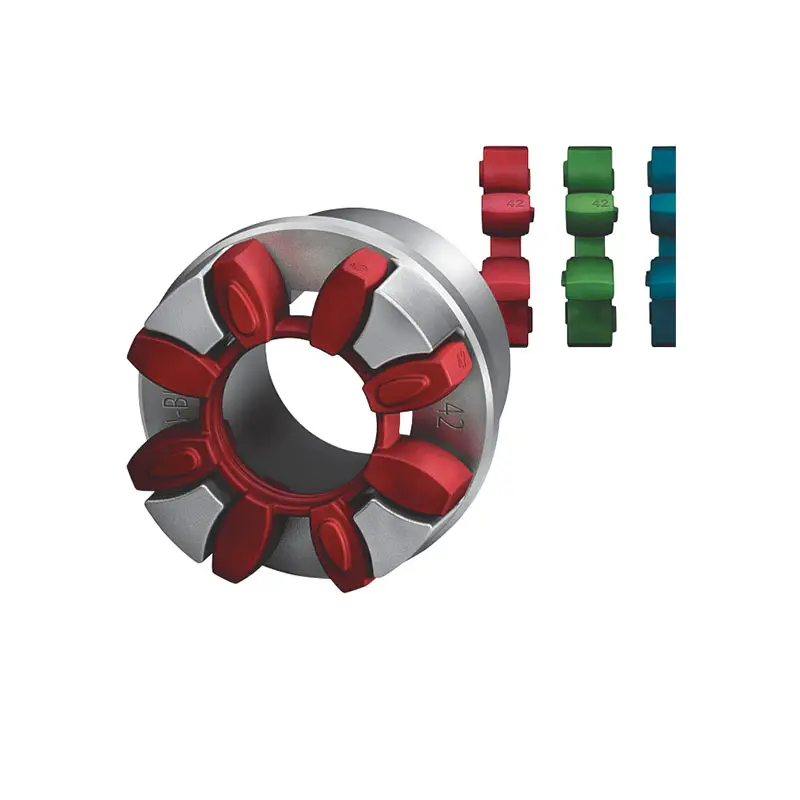 FLENDER Coupling Spare Parts high performance
FLENDER Coupling Spare Parts high performance 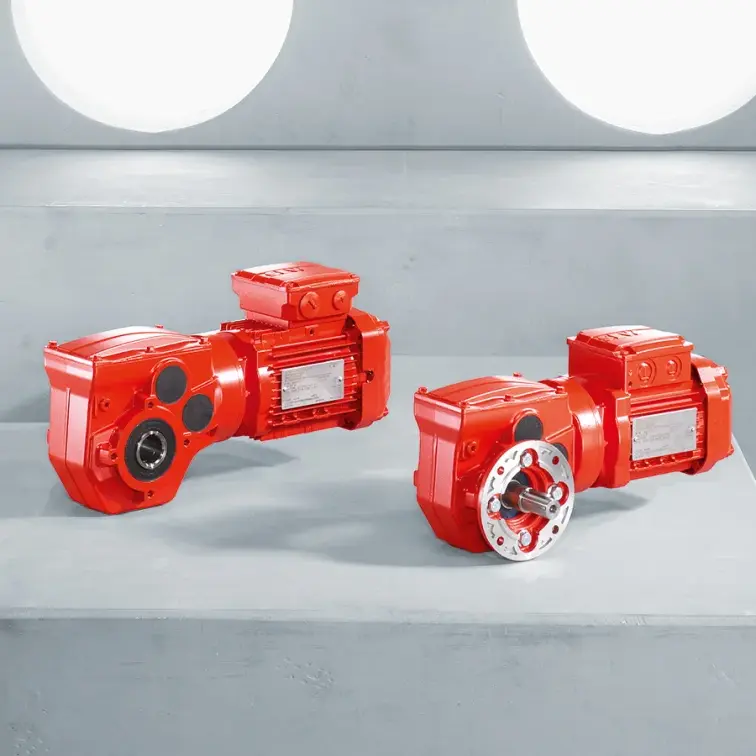 SEW Gearmotor
SEW Gearmotor
Our Company
News
Case
Contact Us
 R Series Helical Gearmotor low voltage
R Series Helical Gearmotor low voltage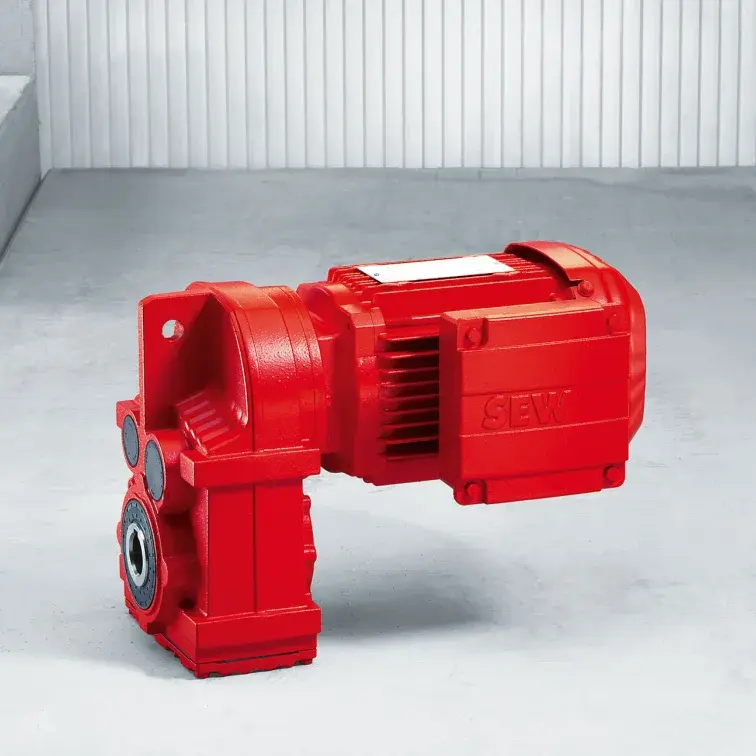 F Series Parallel Shaft Gearmotor low voltage
F Series Parallel Shaft Gearmotor low voltage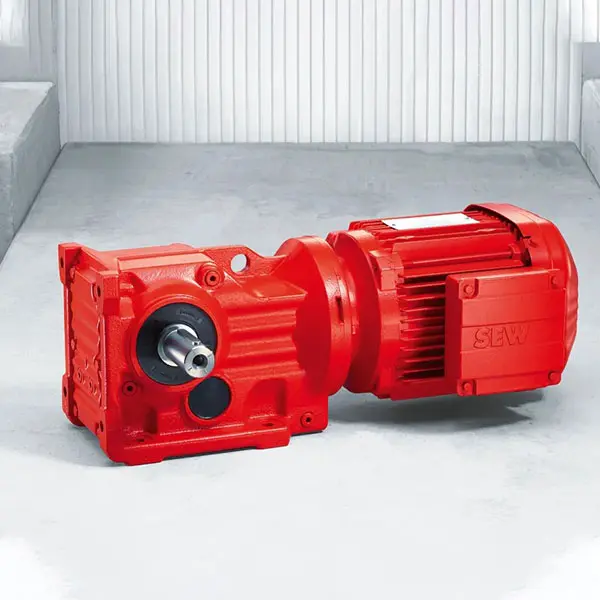 K Series Helical Bevel Gearmotor low voltage
K Series Helical Bevel Gearmotor low voltage S Series Helical Worm Gearmotor low voltage
S Series Helical Worm Gearmotor low voltage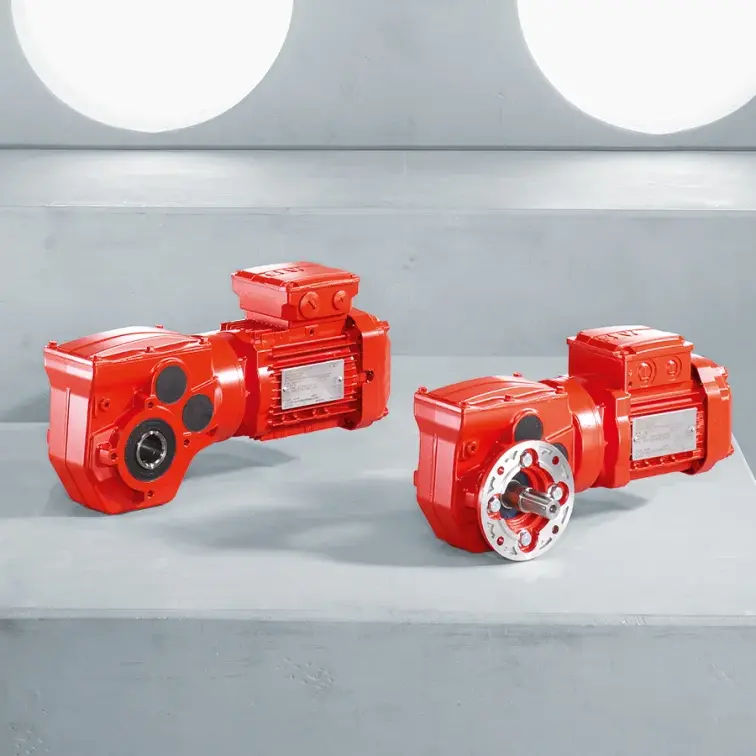 W Series SPIROPLAN® Right Angle Gearmotor
W Series SPIROPLAN® Right Angle Gearmotor

